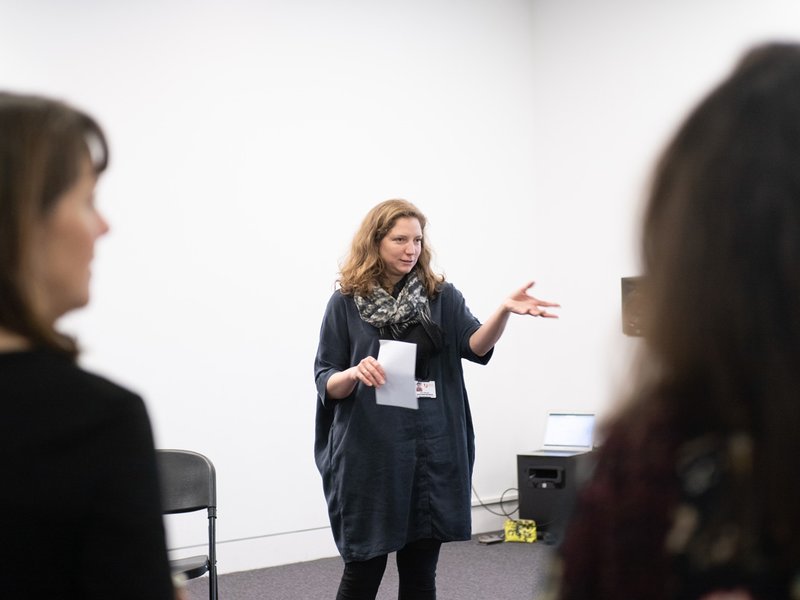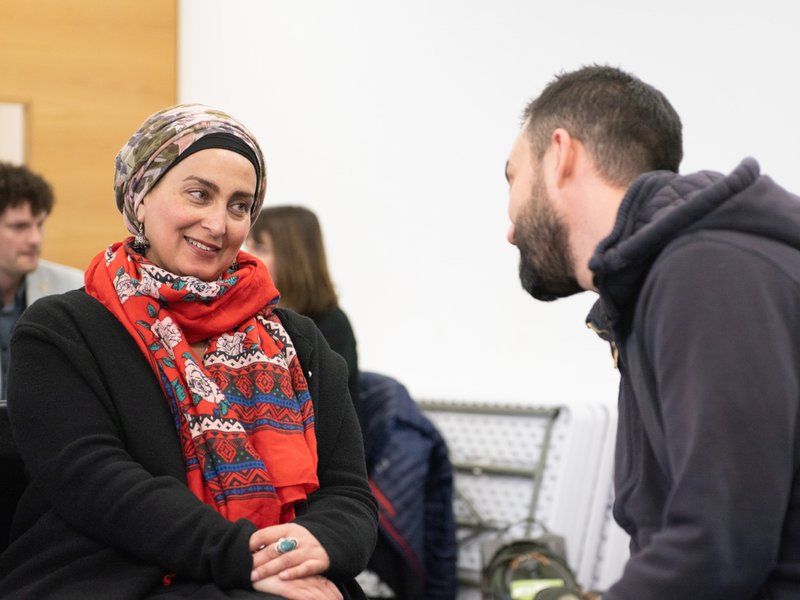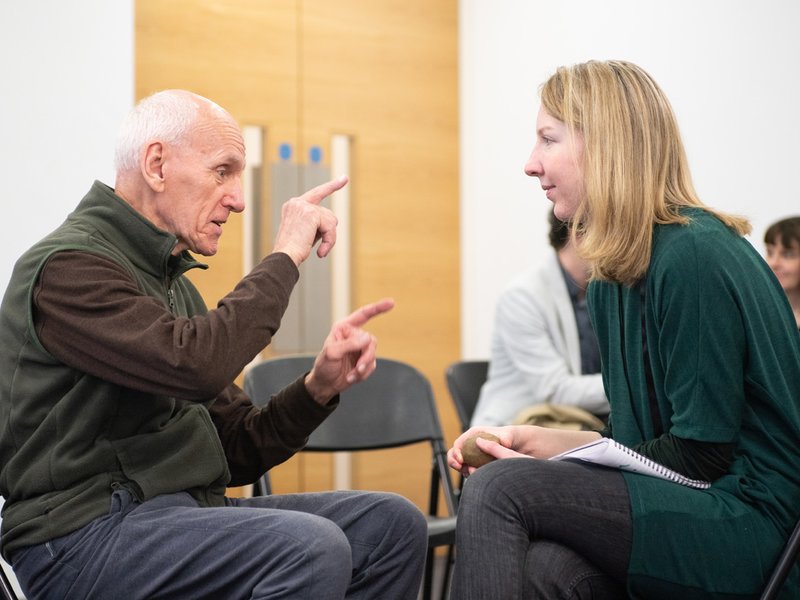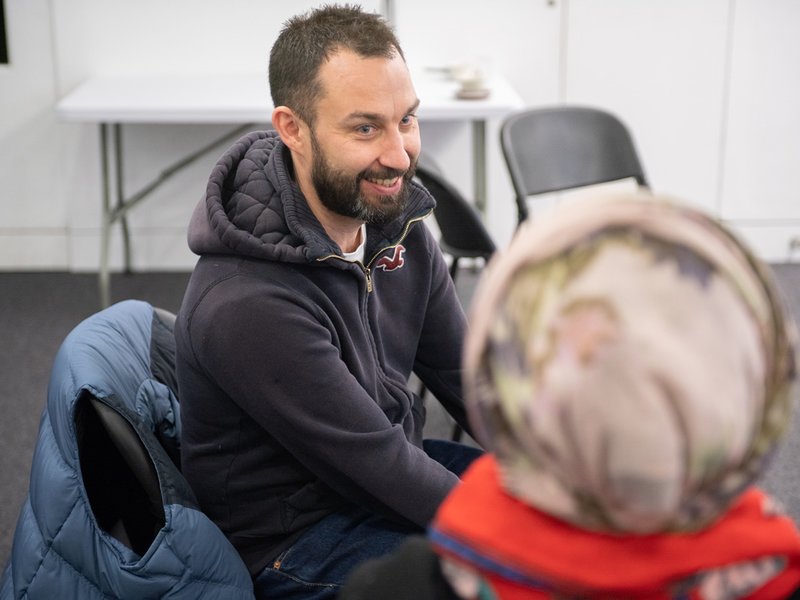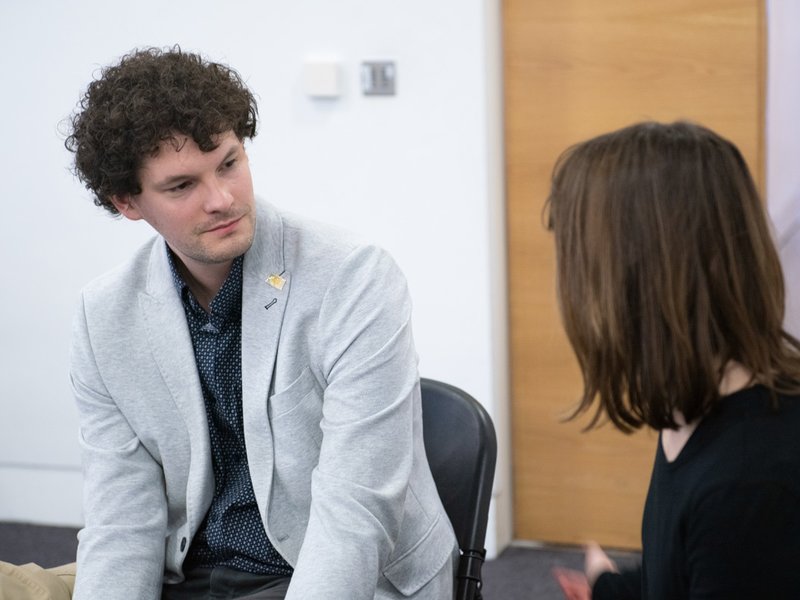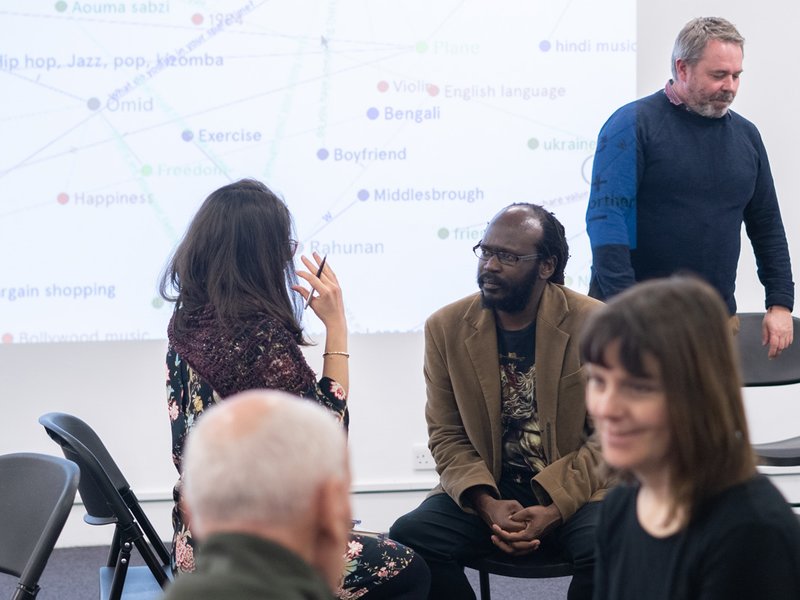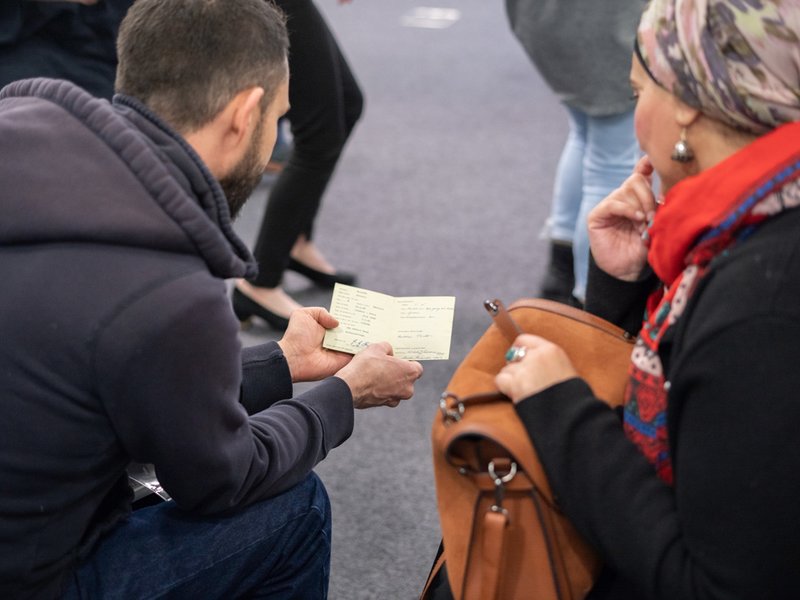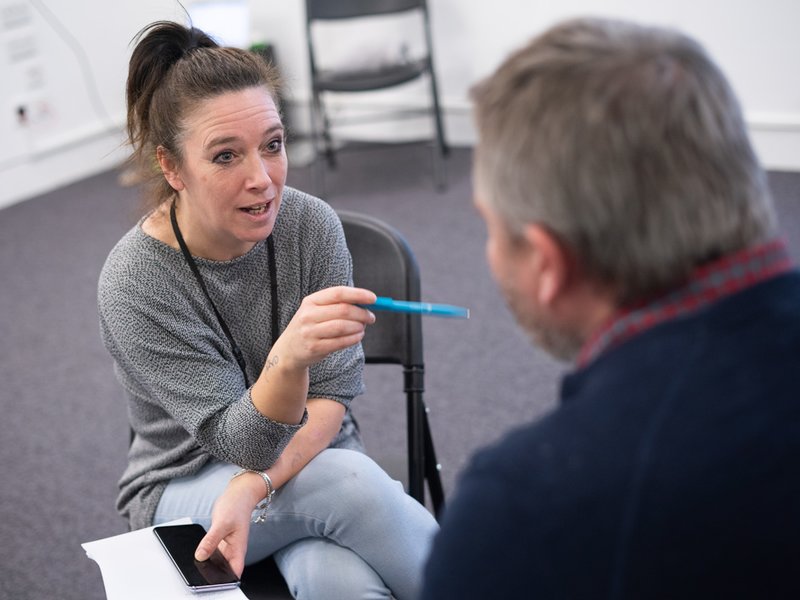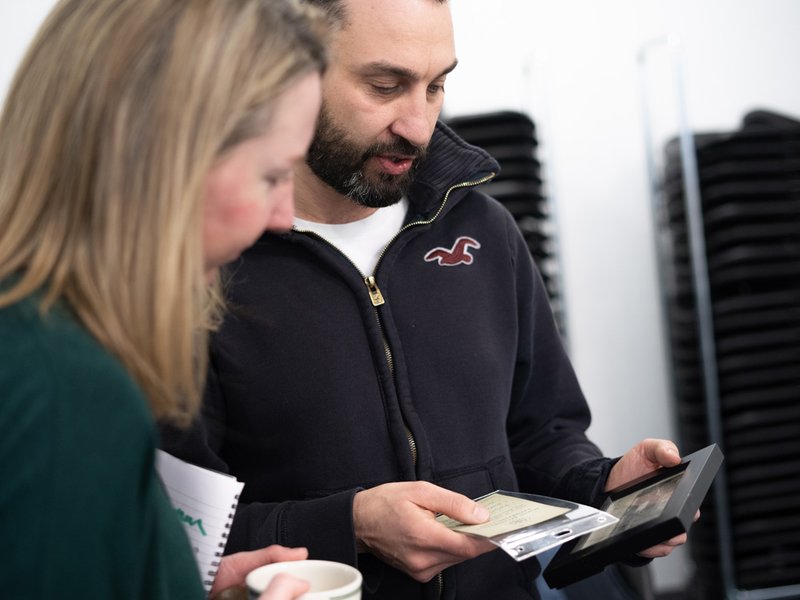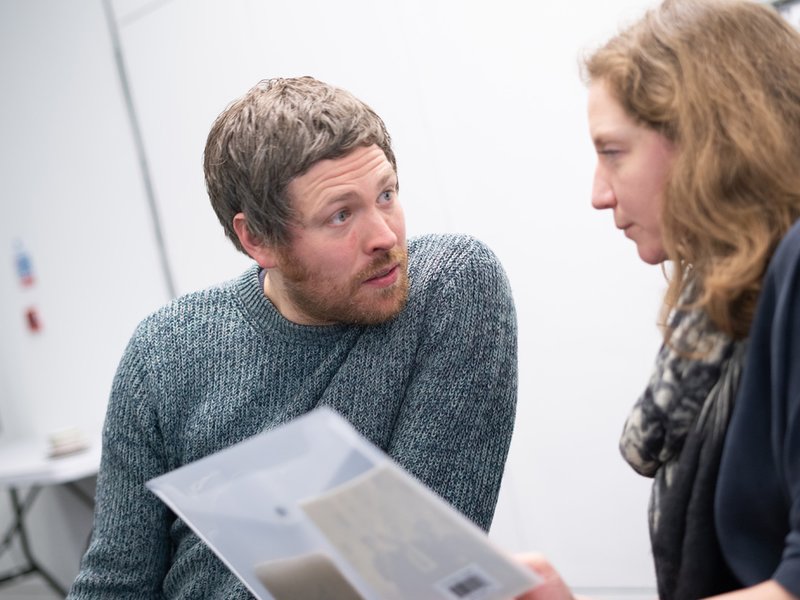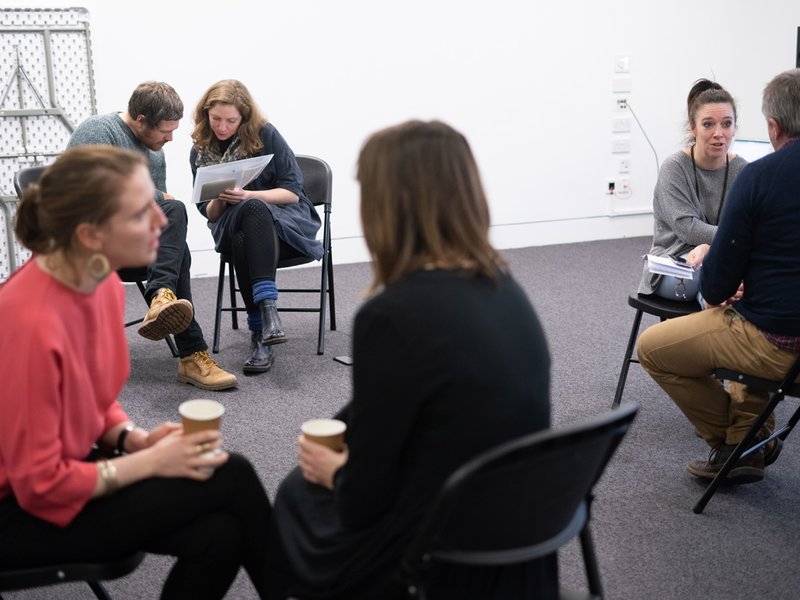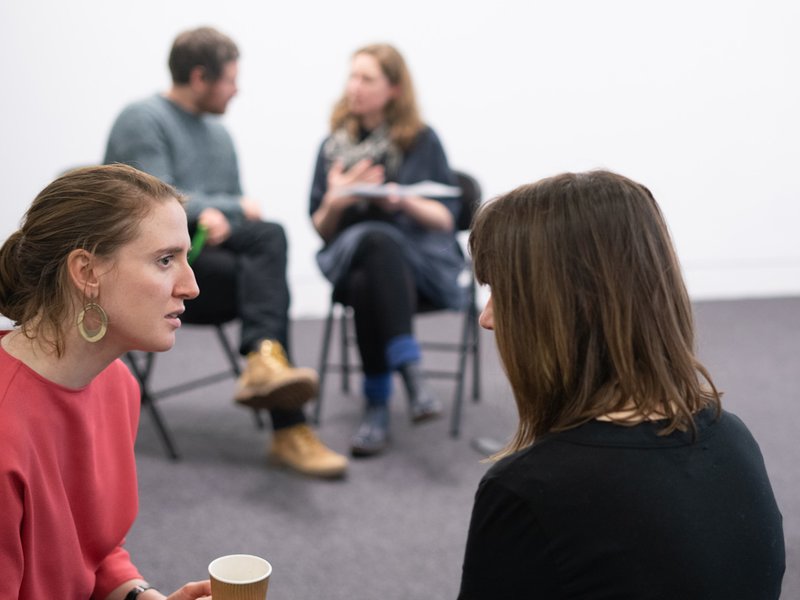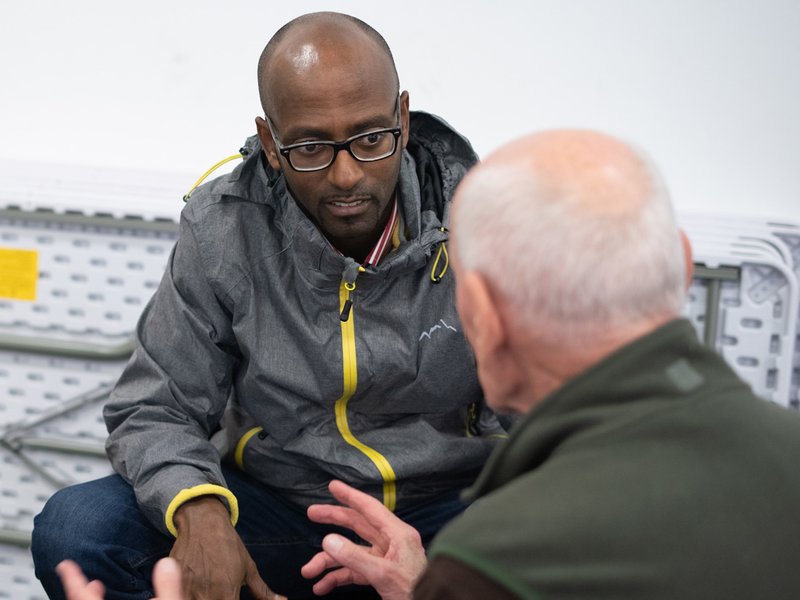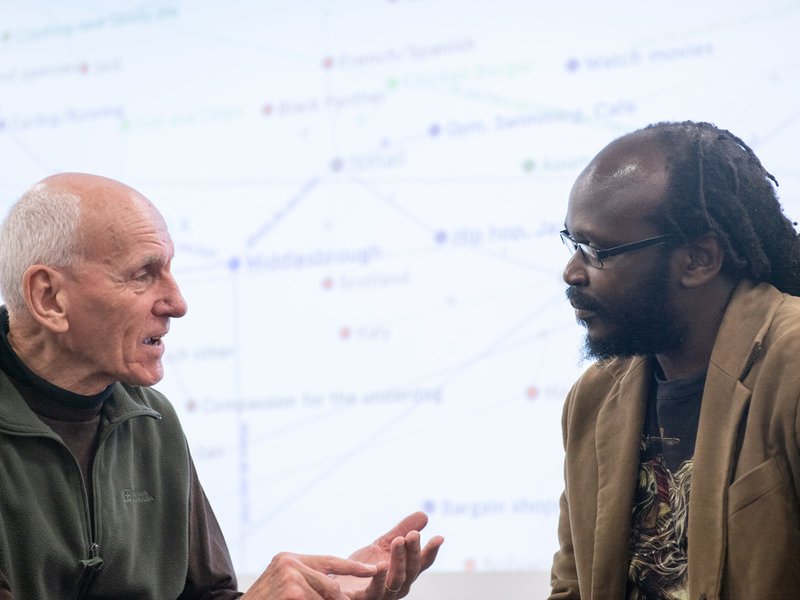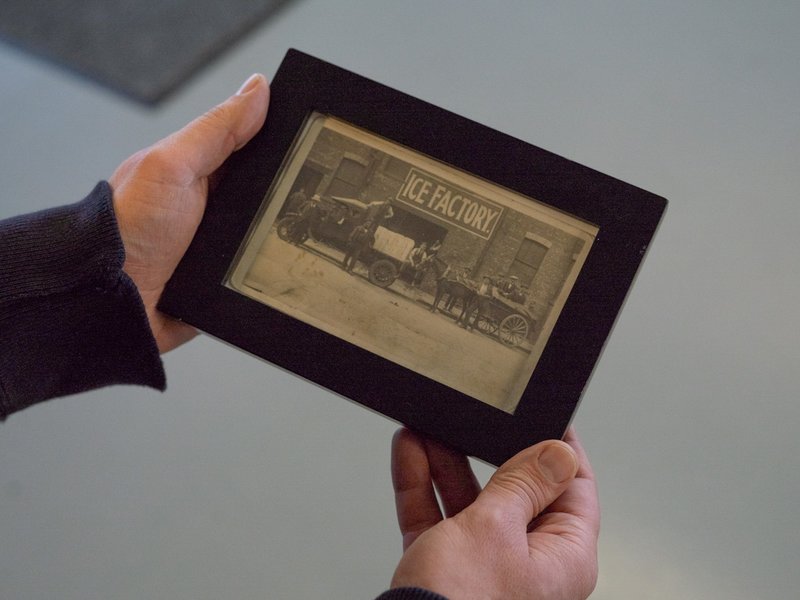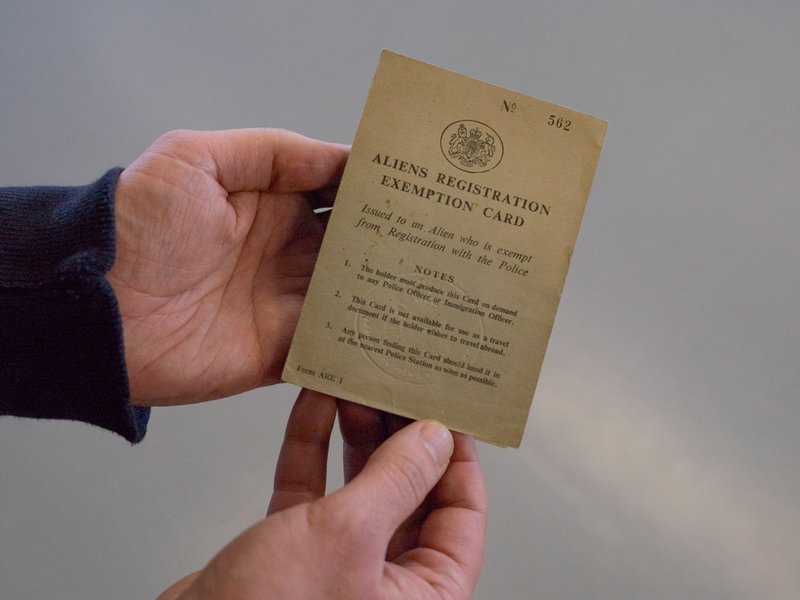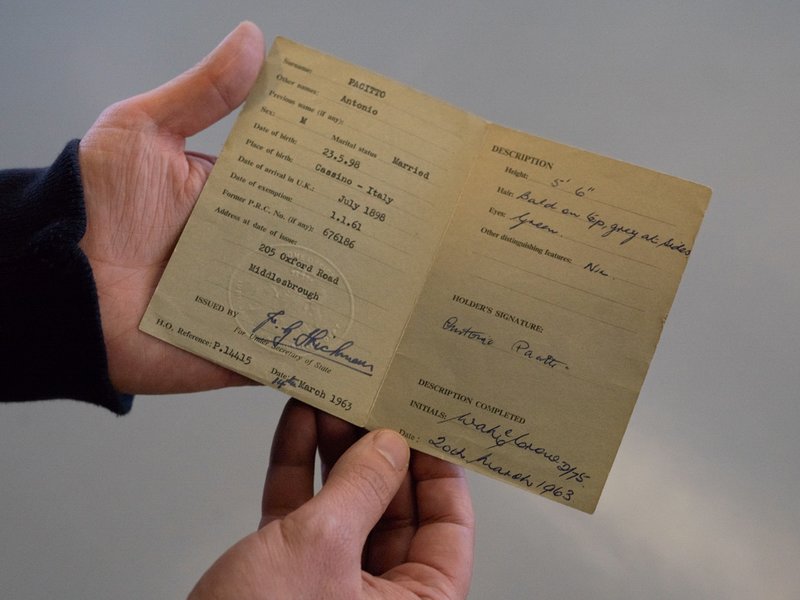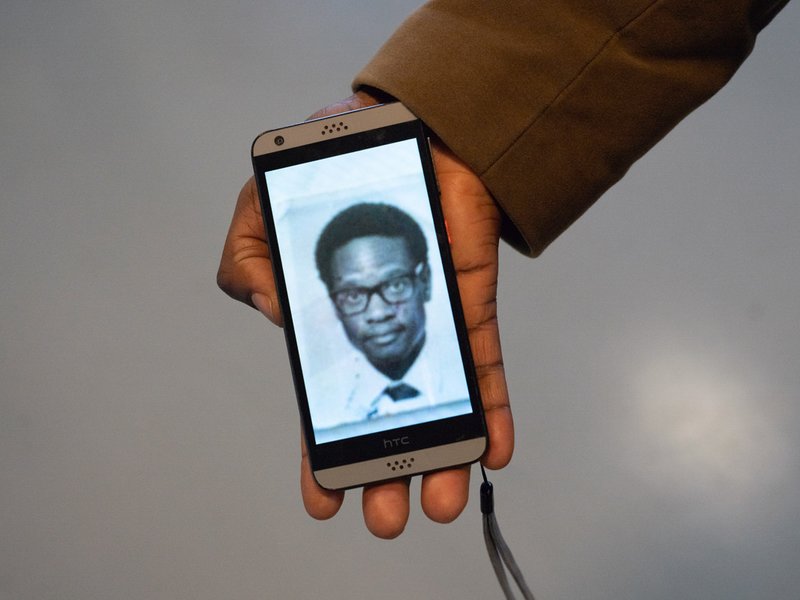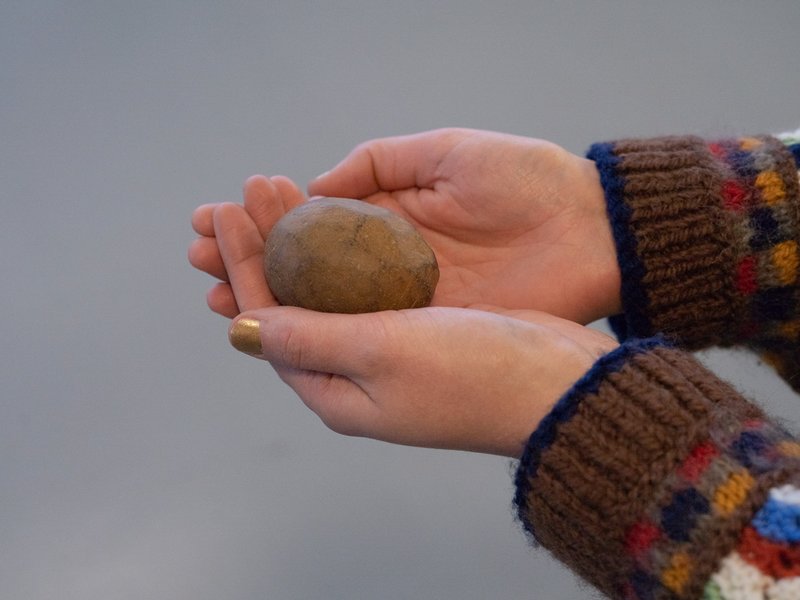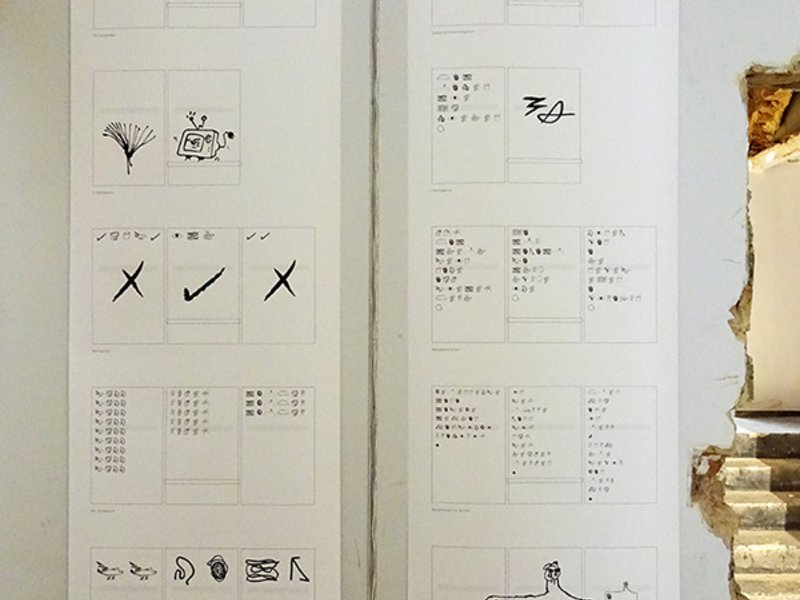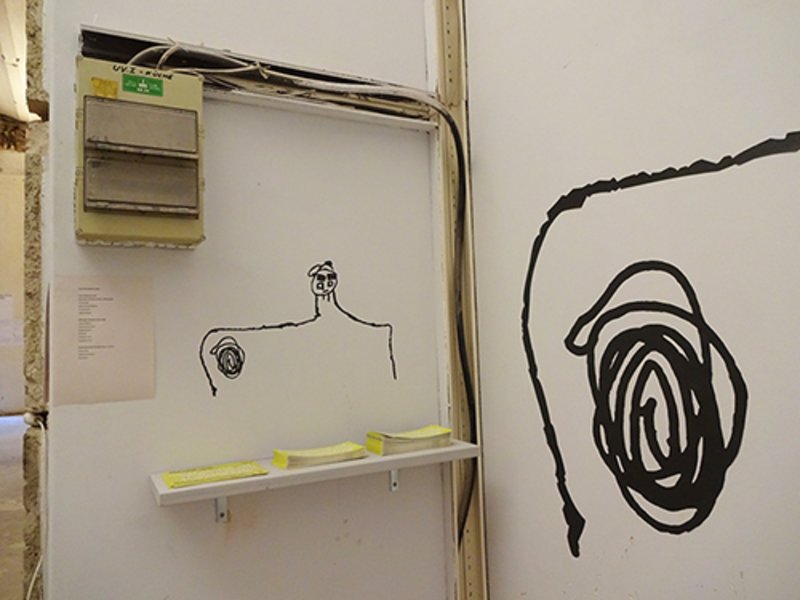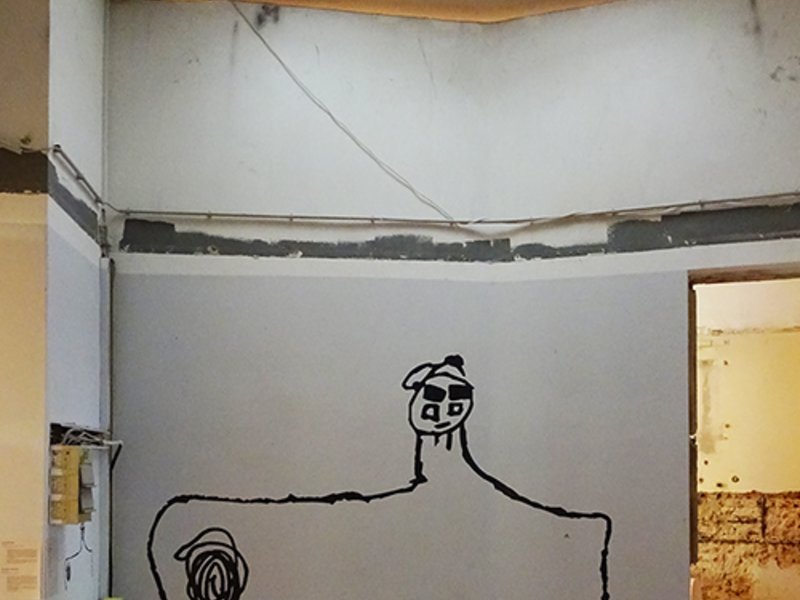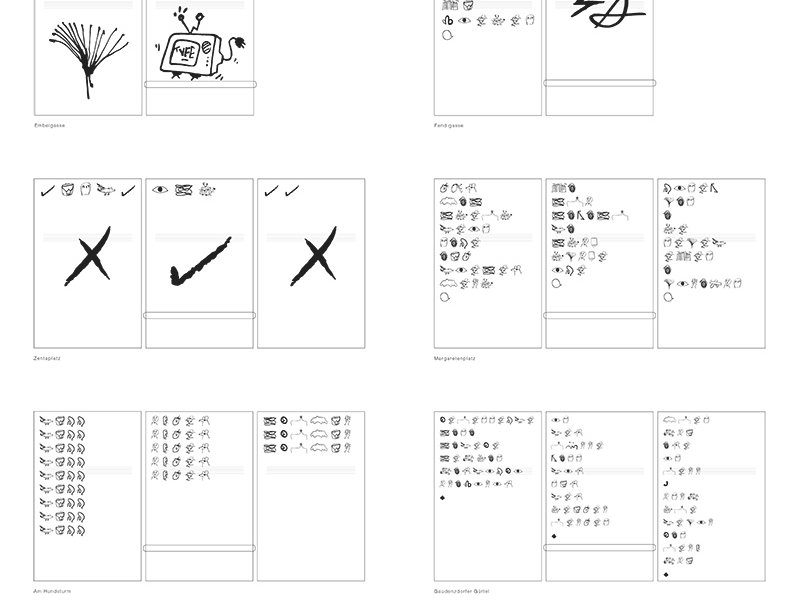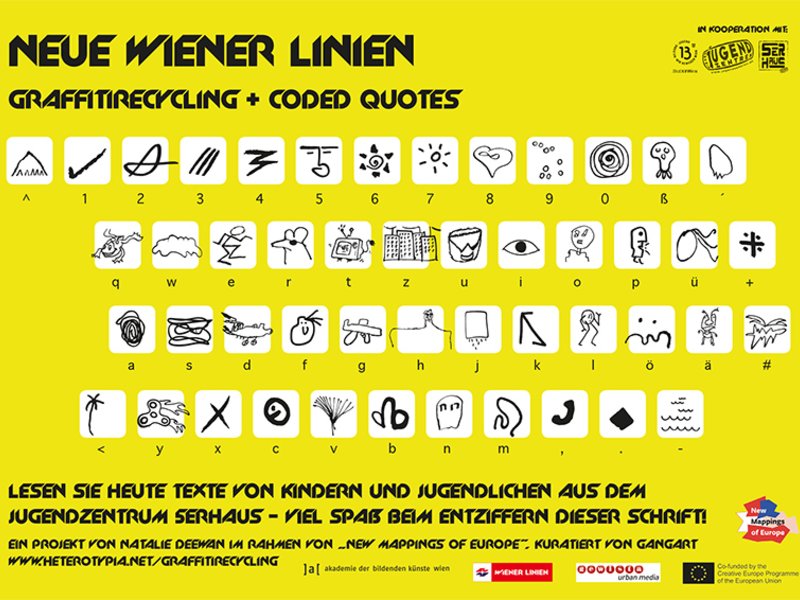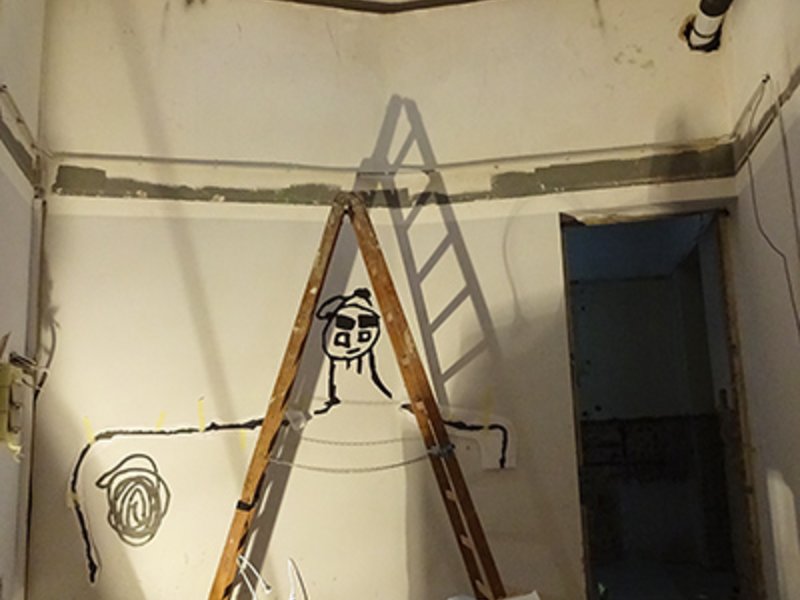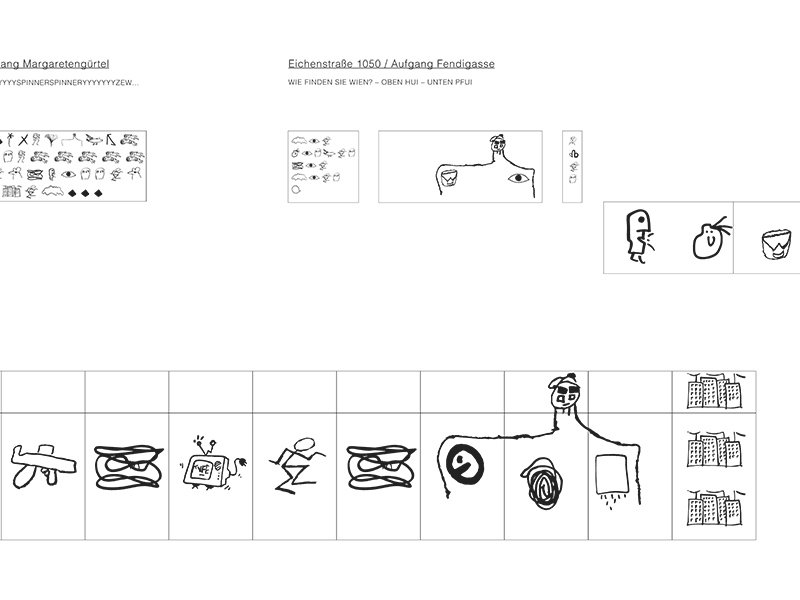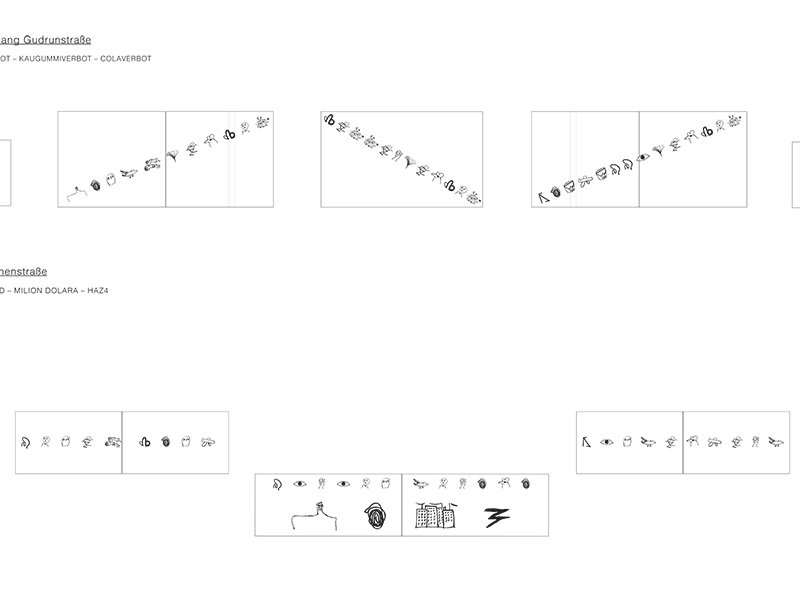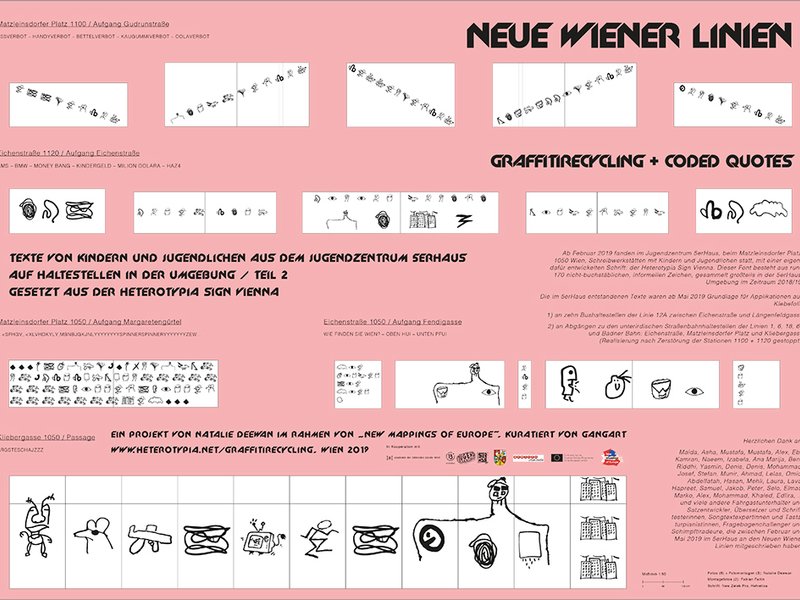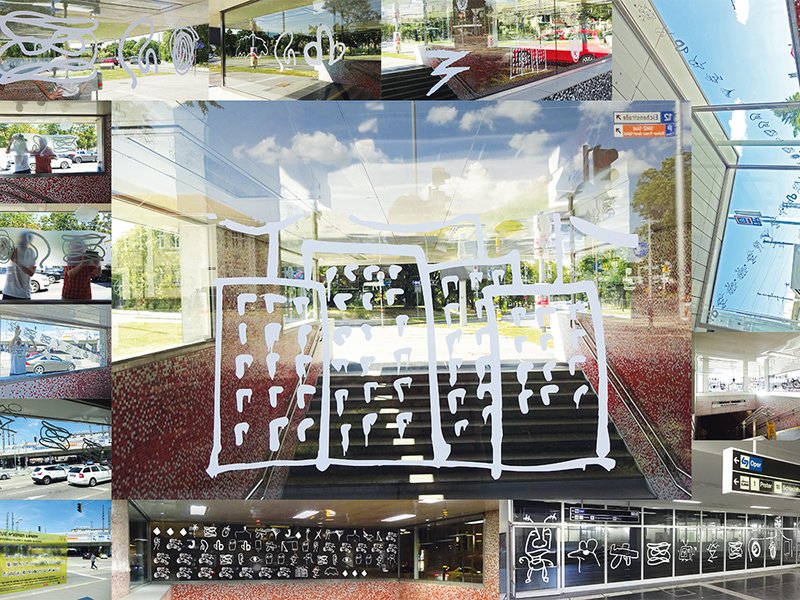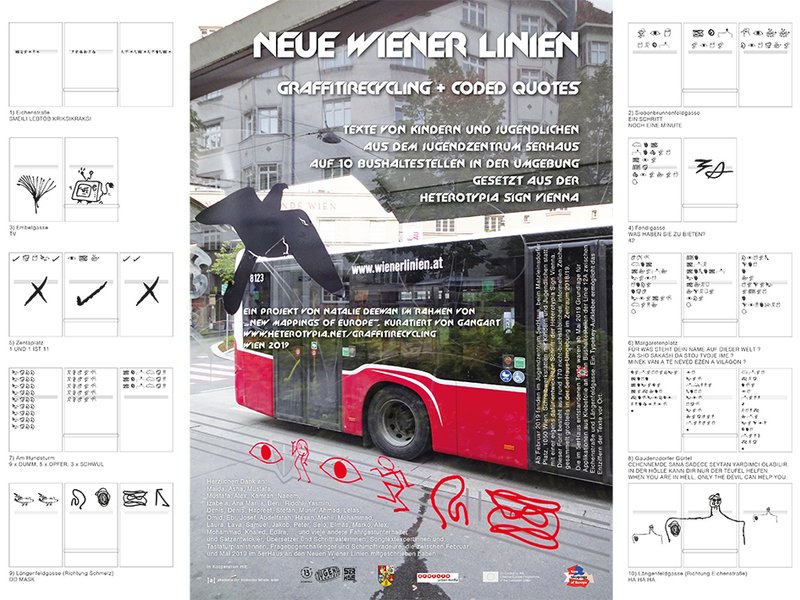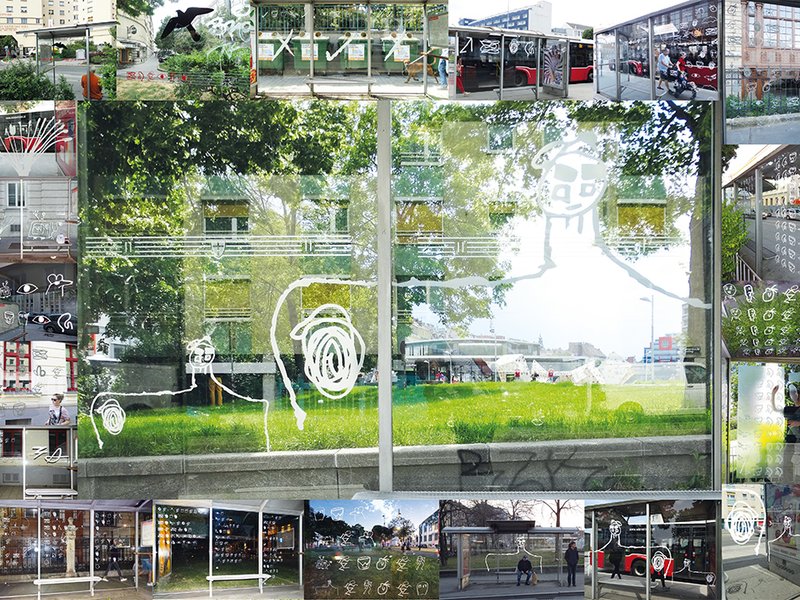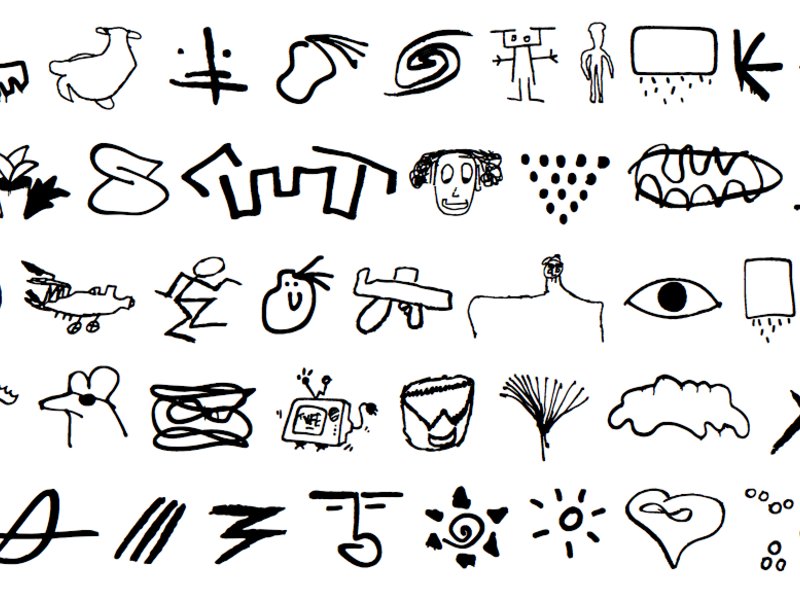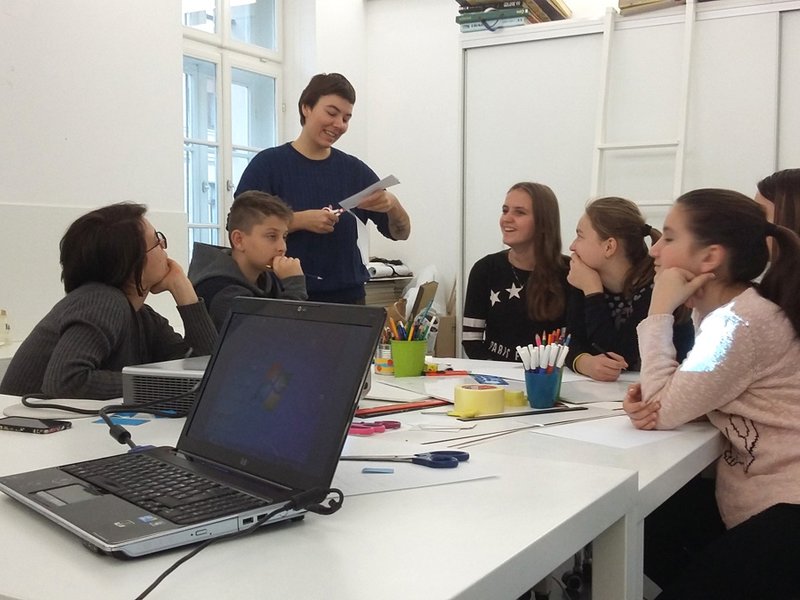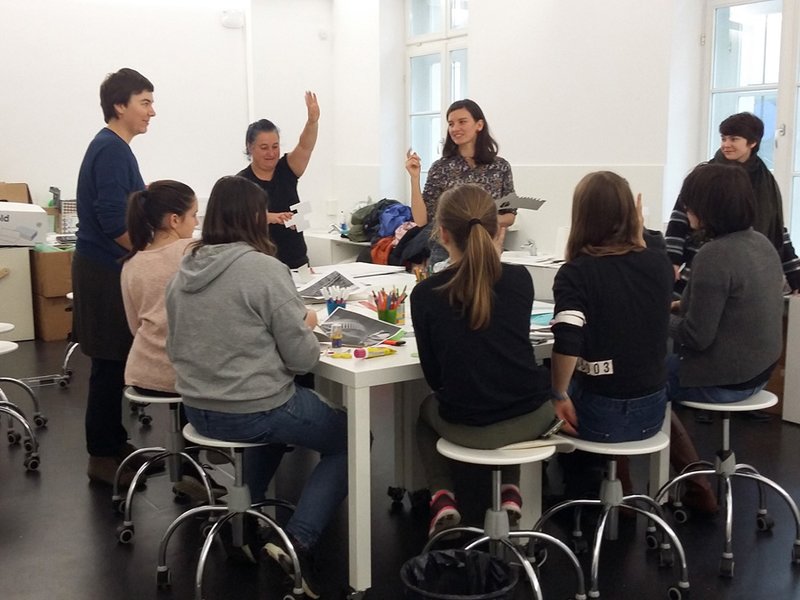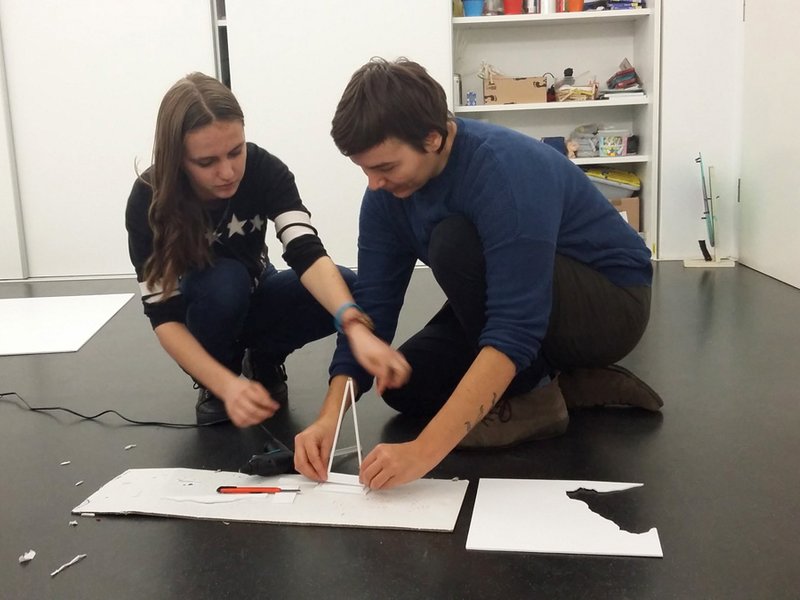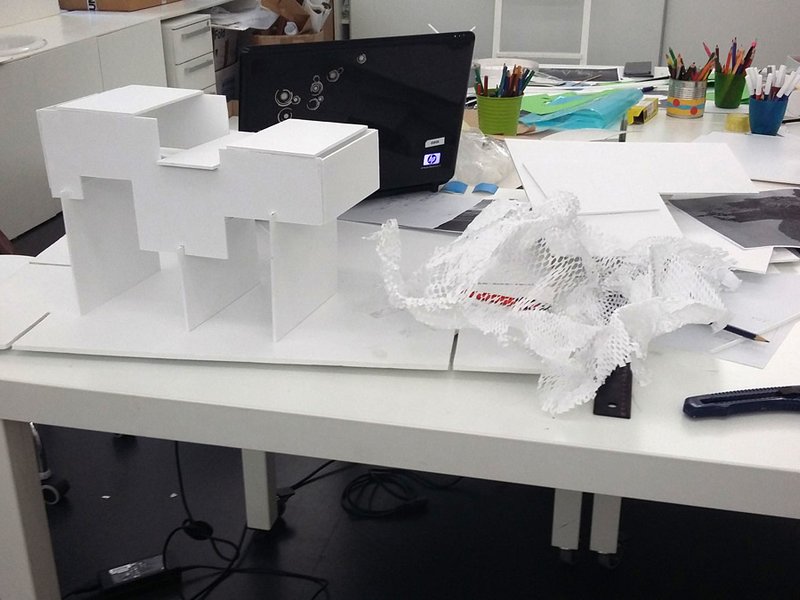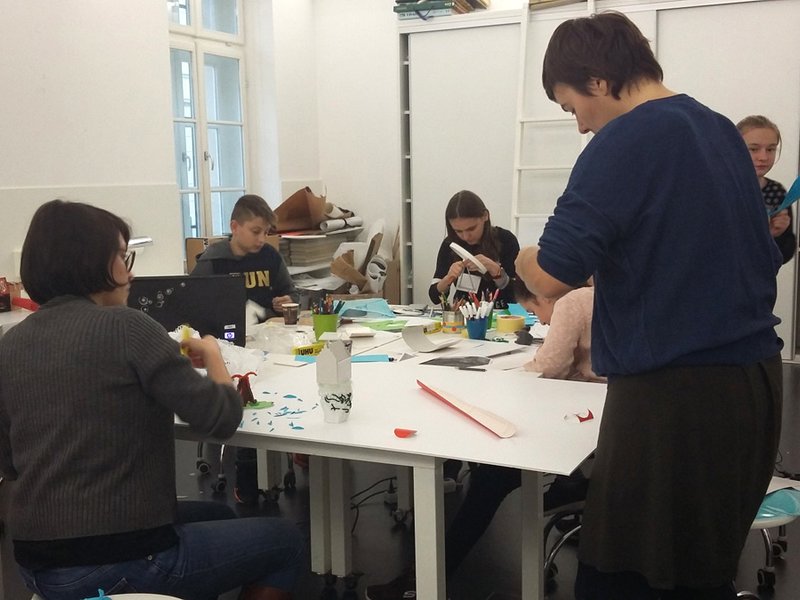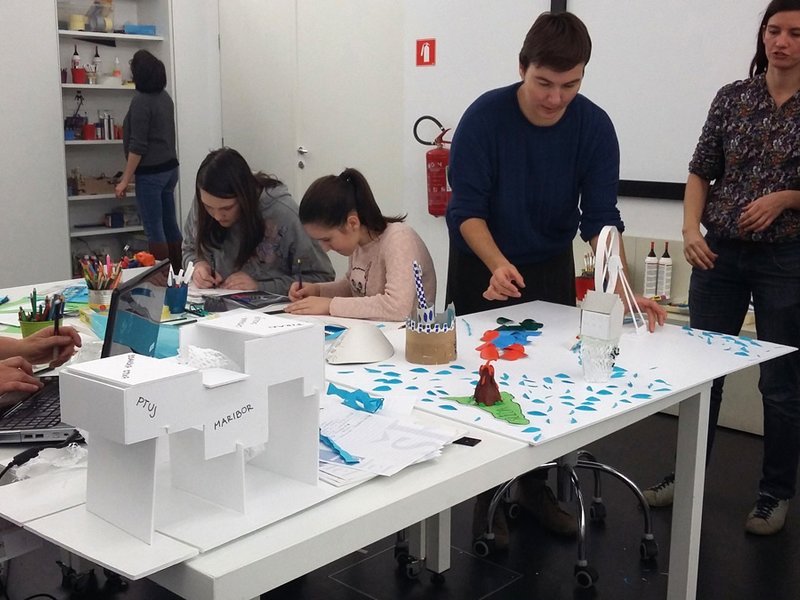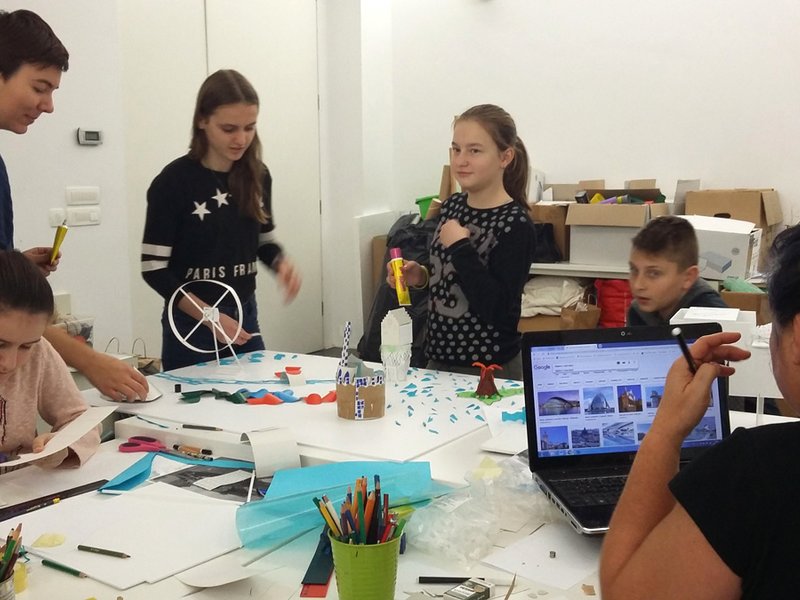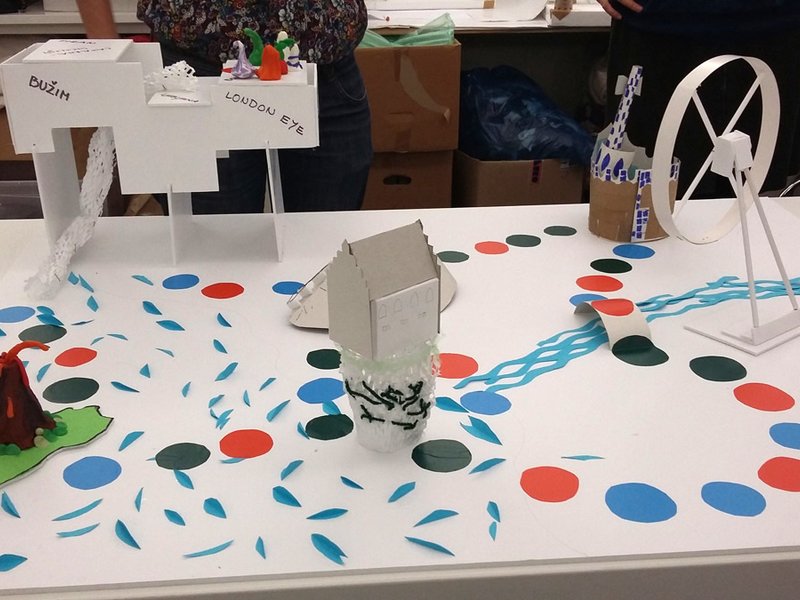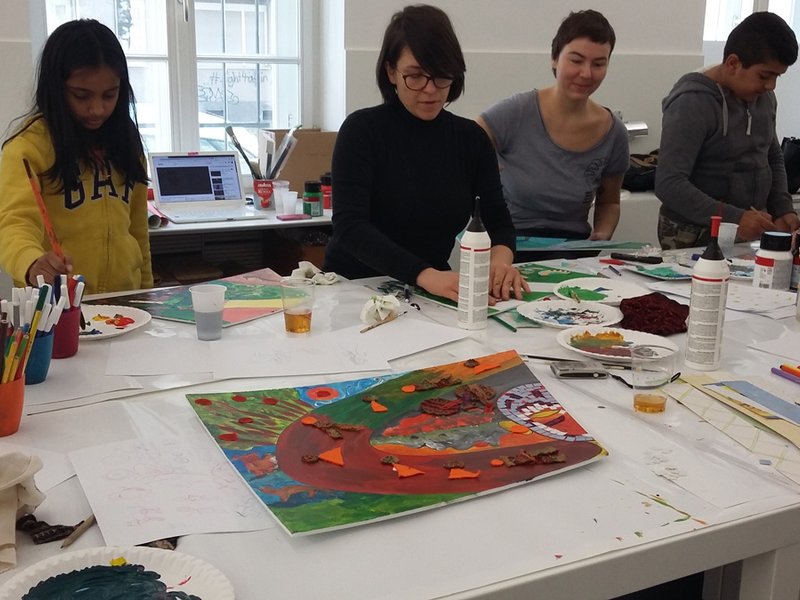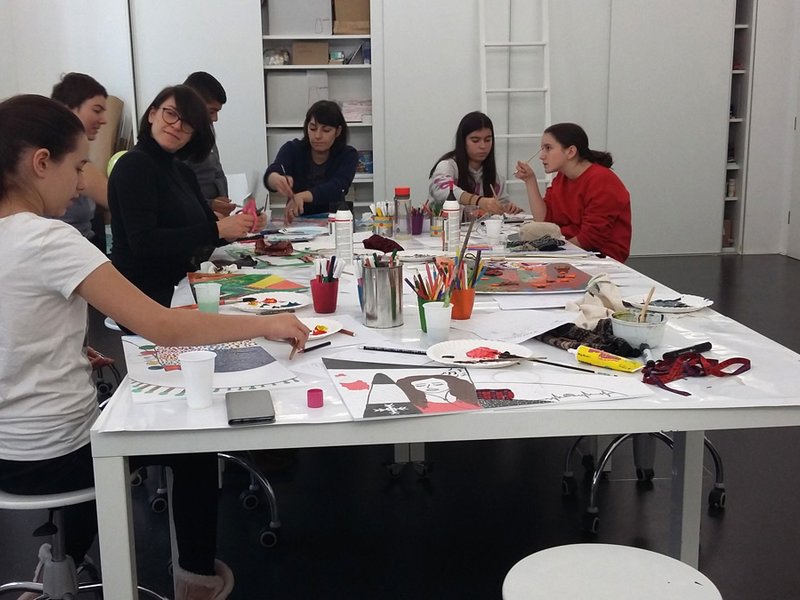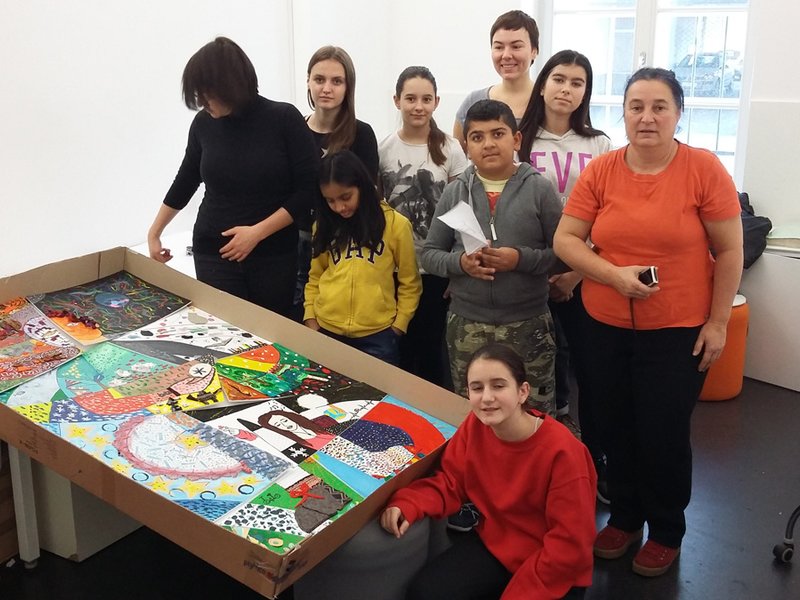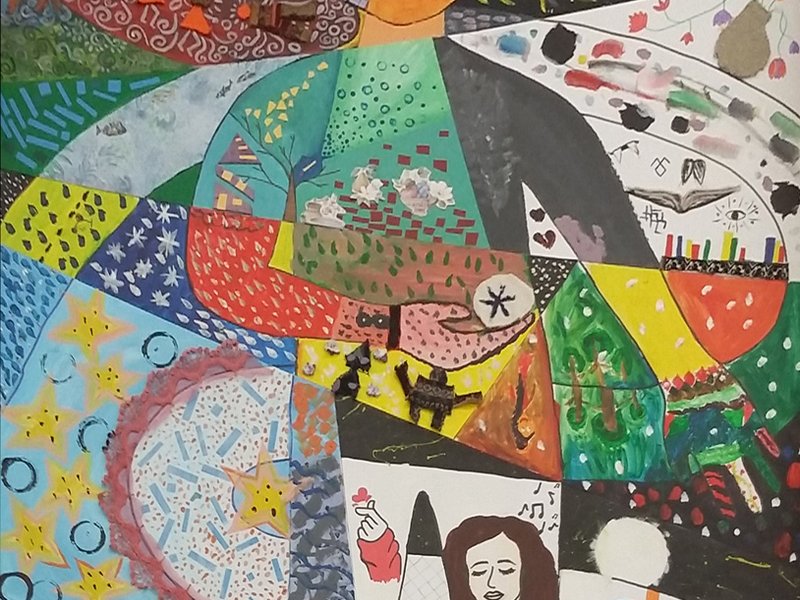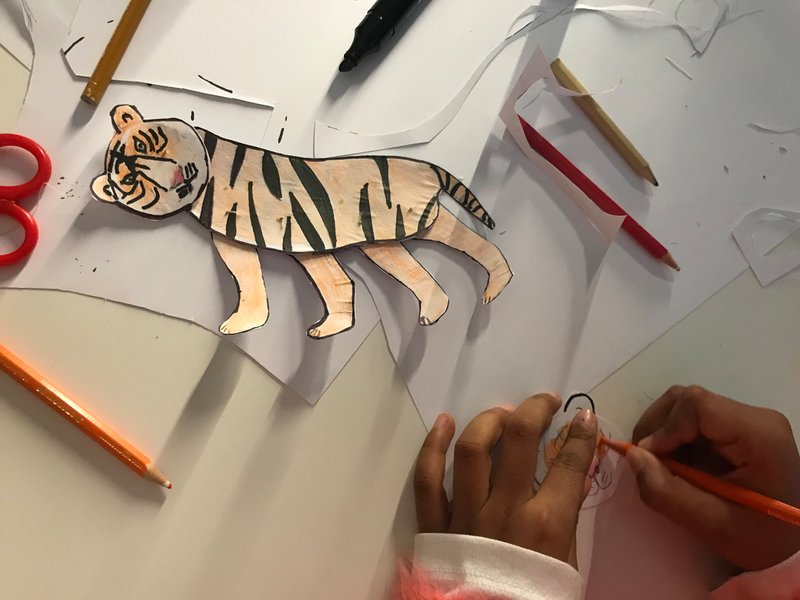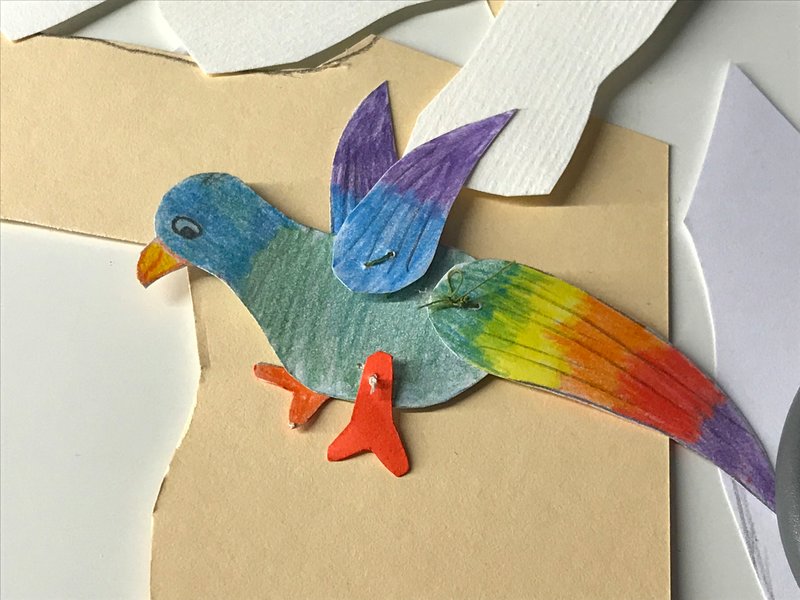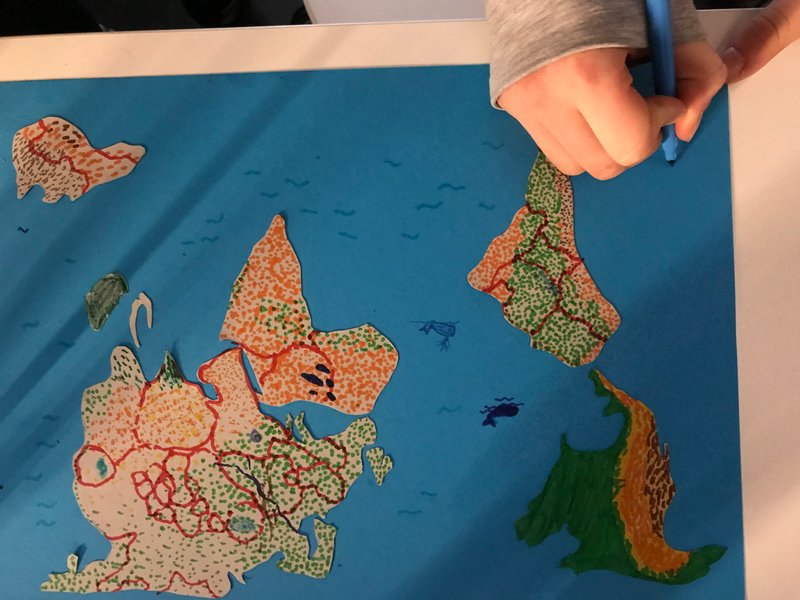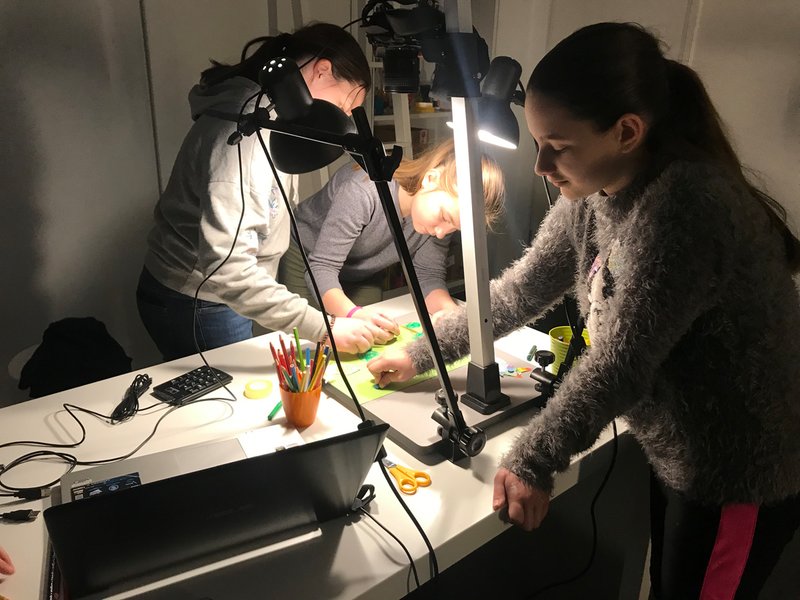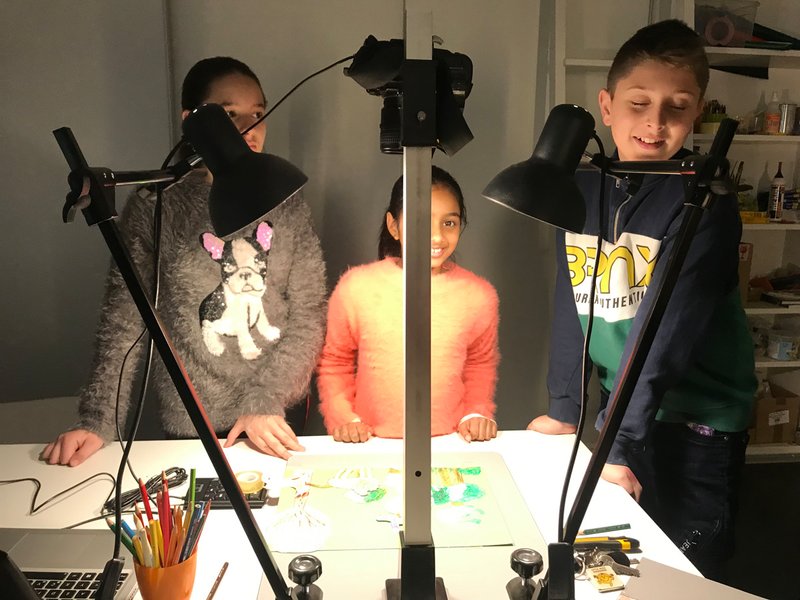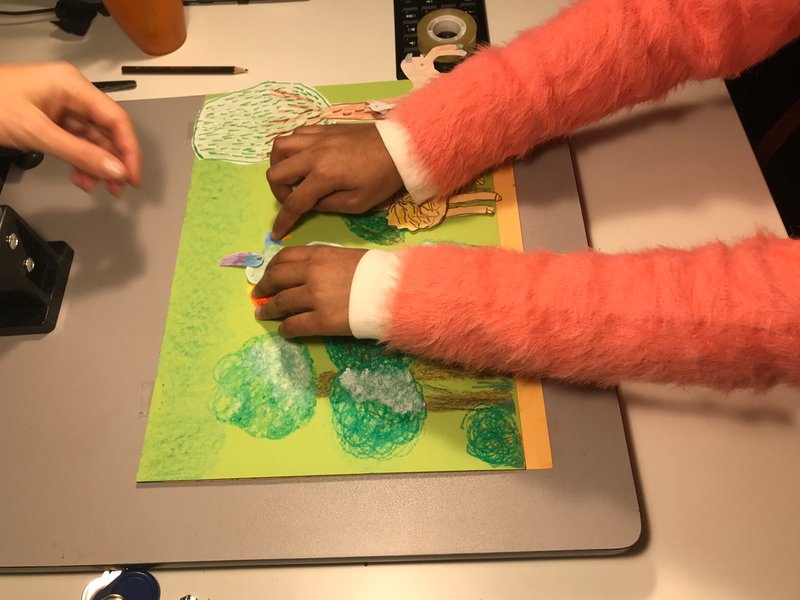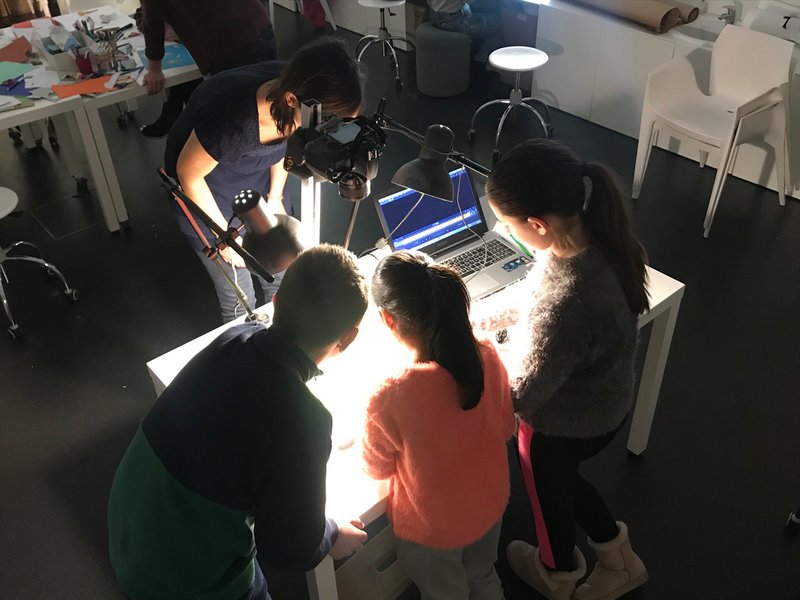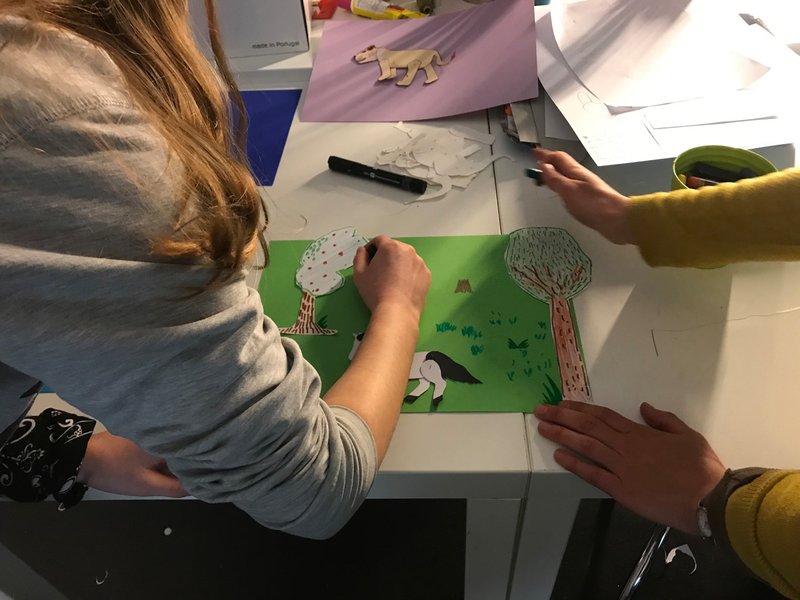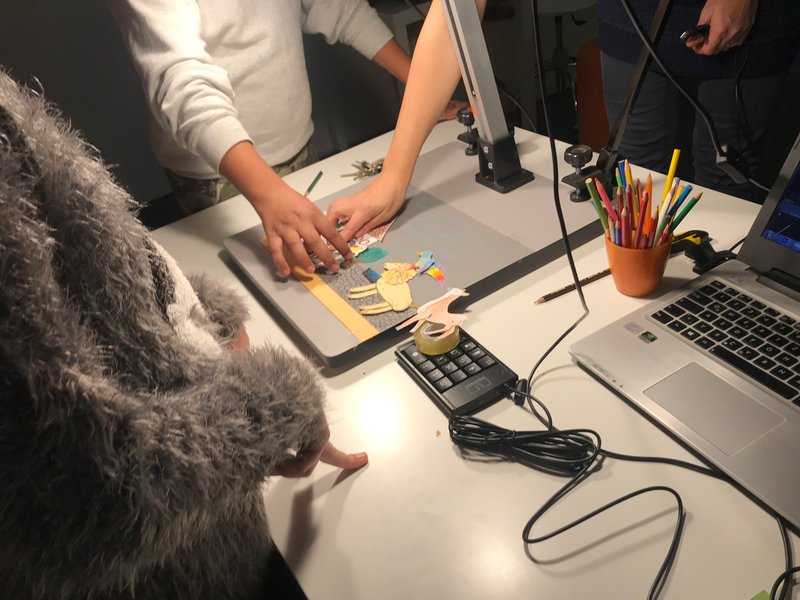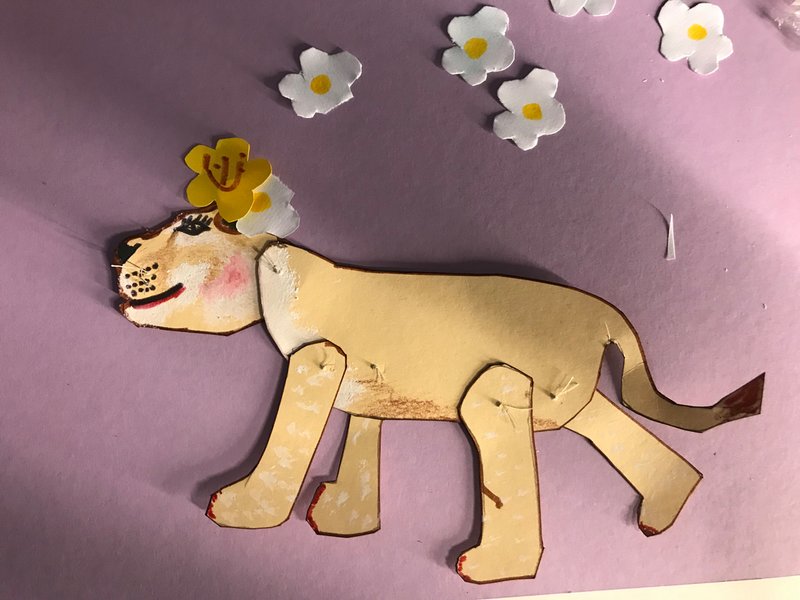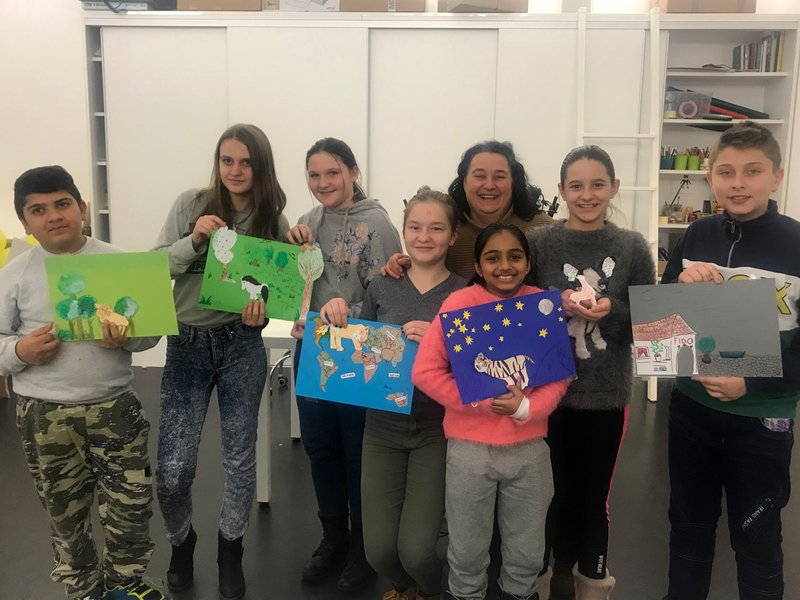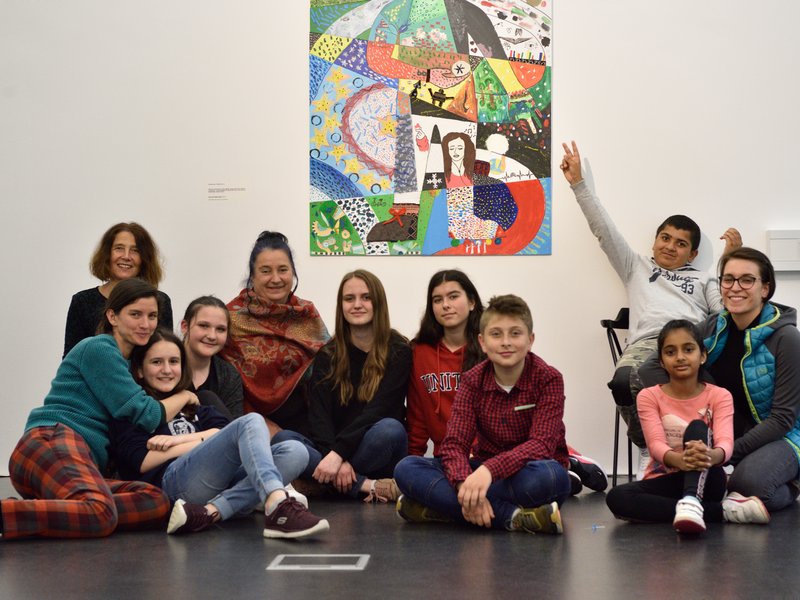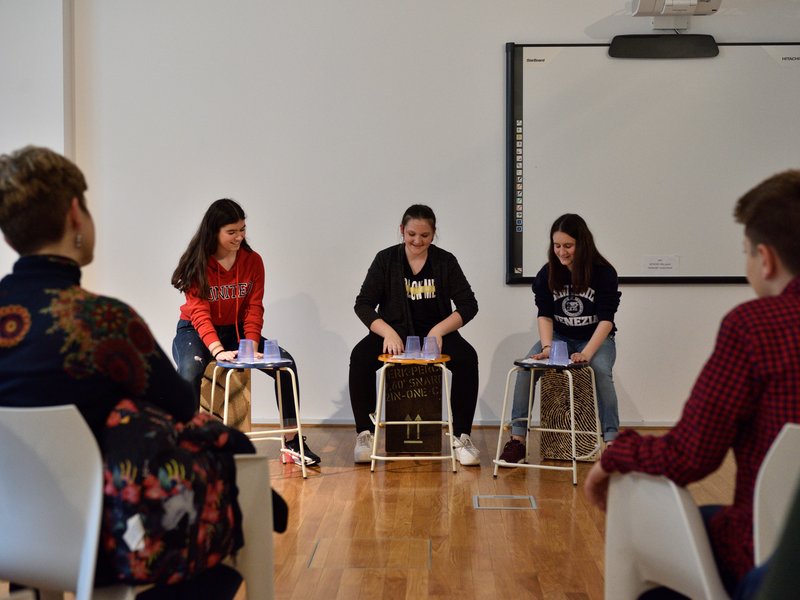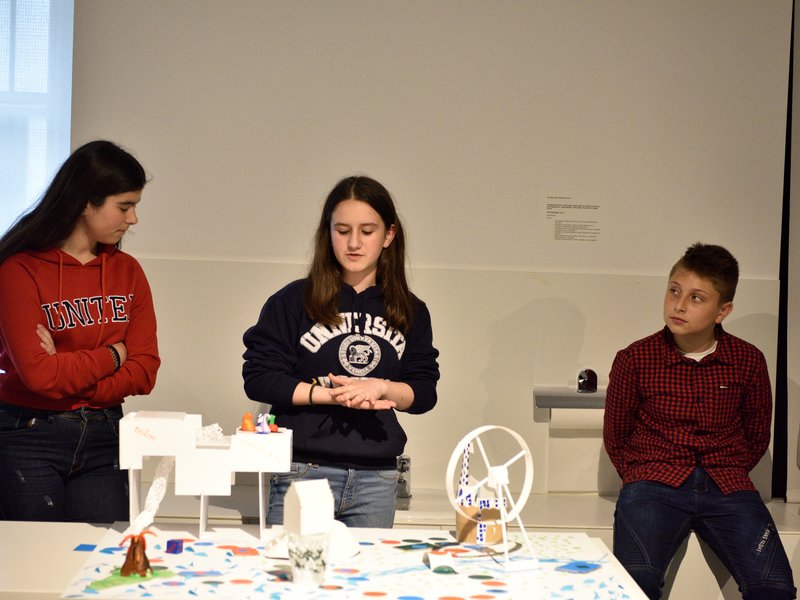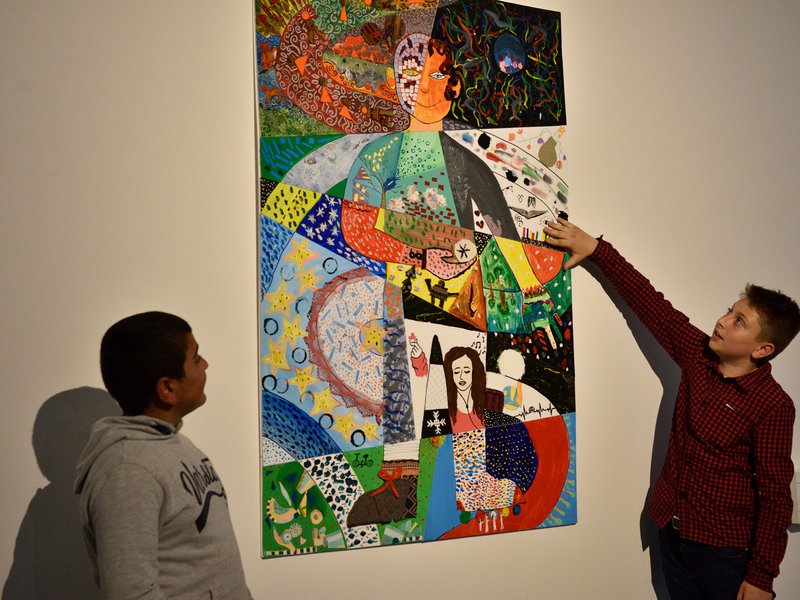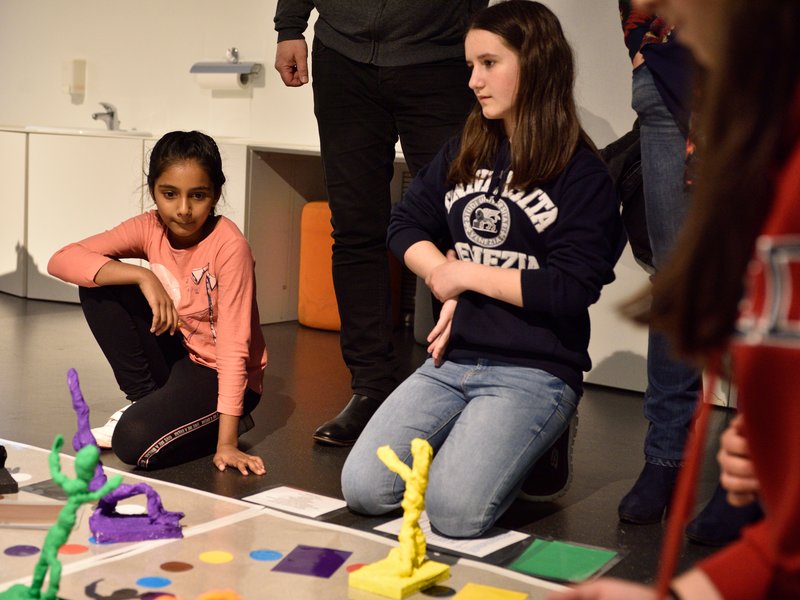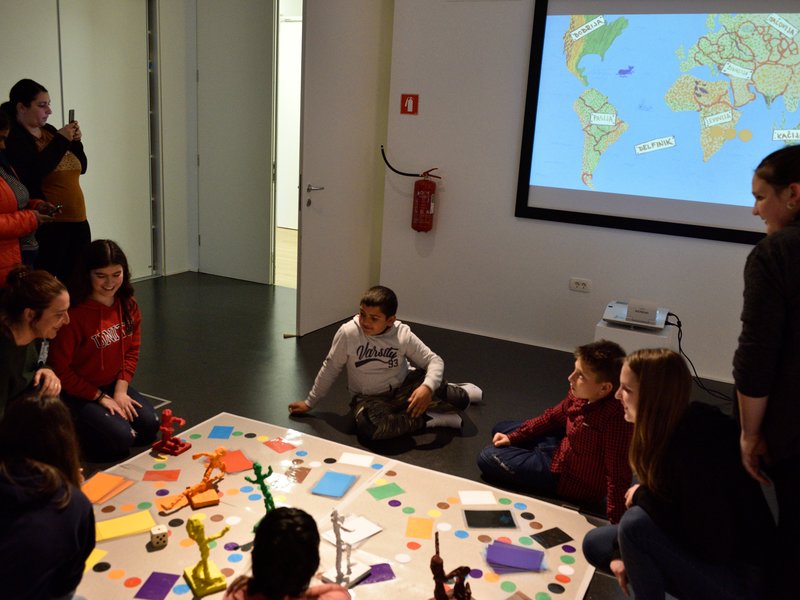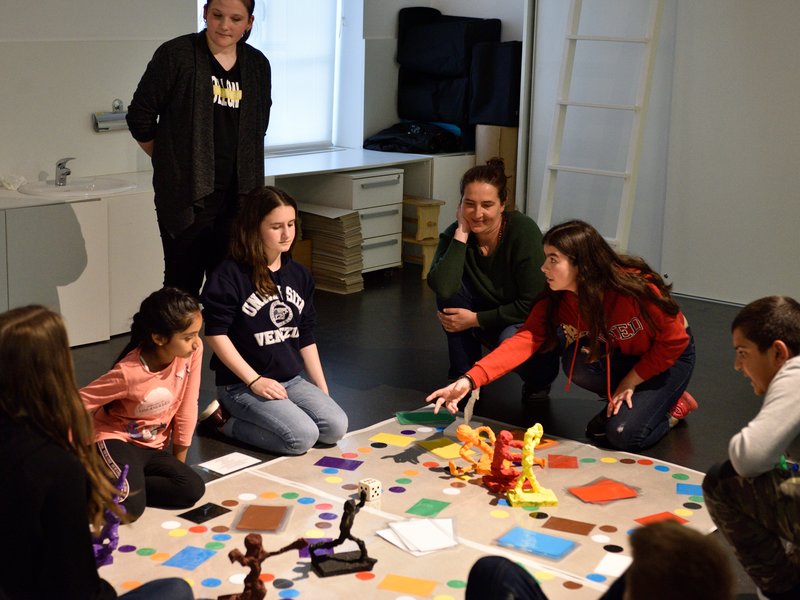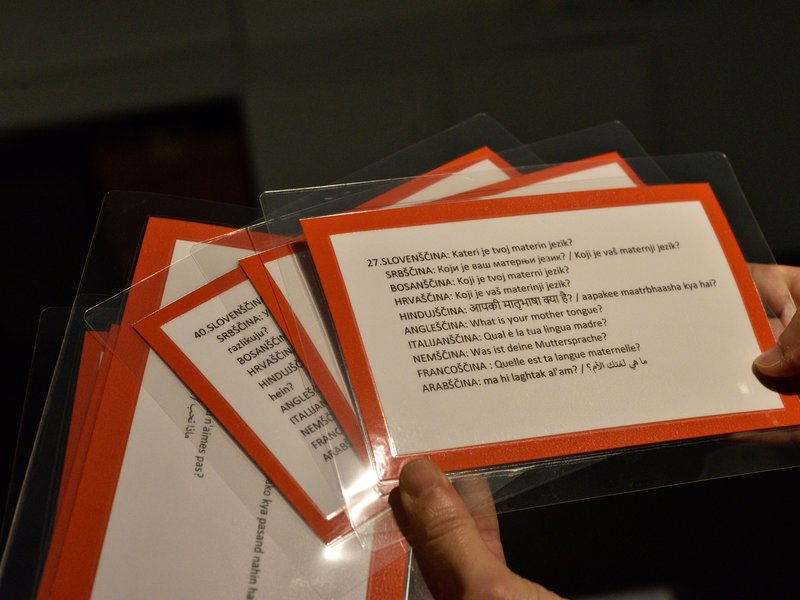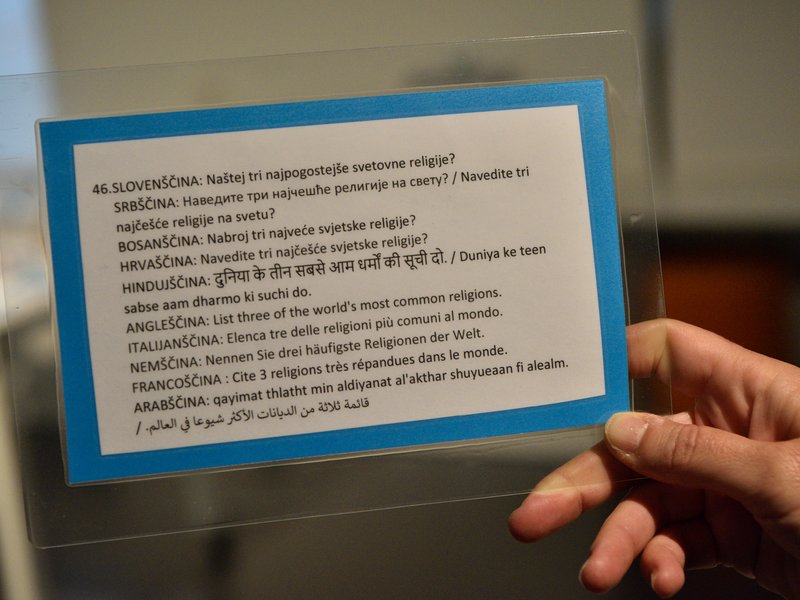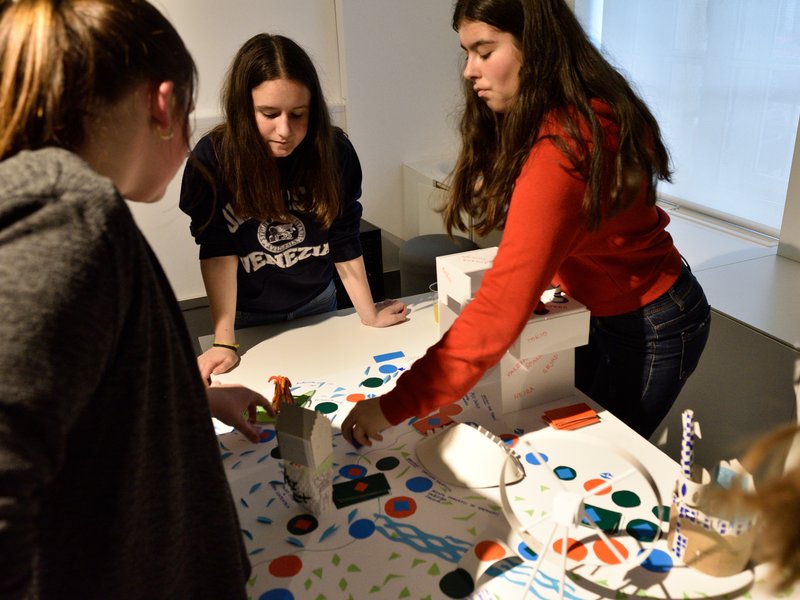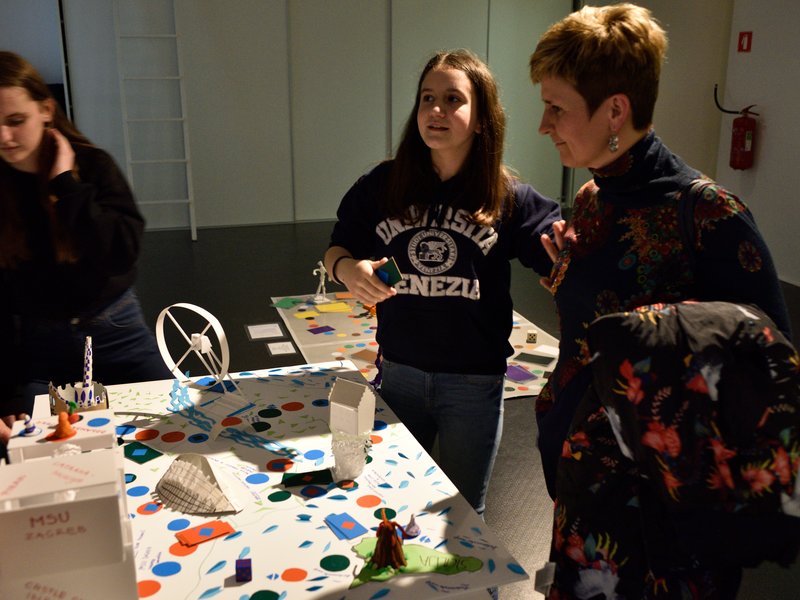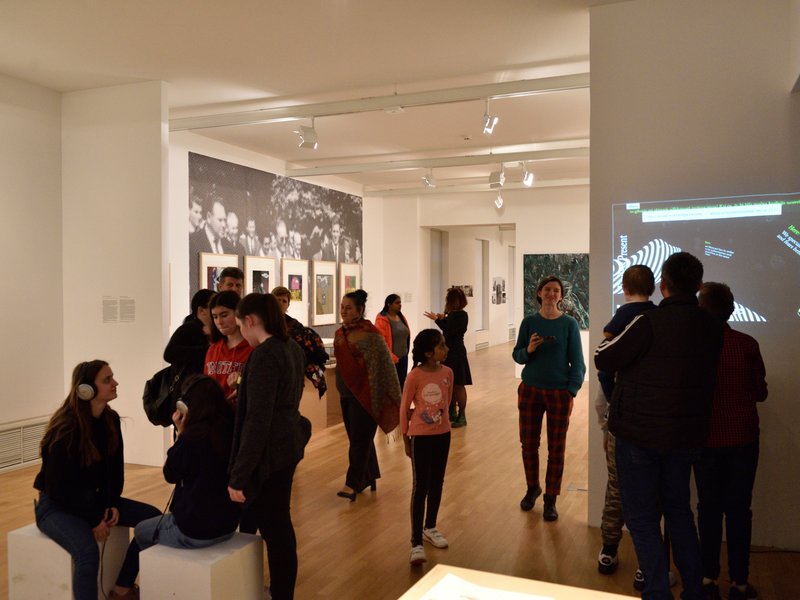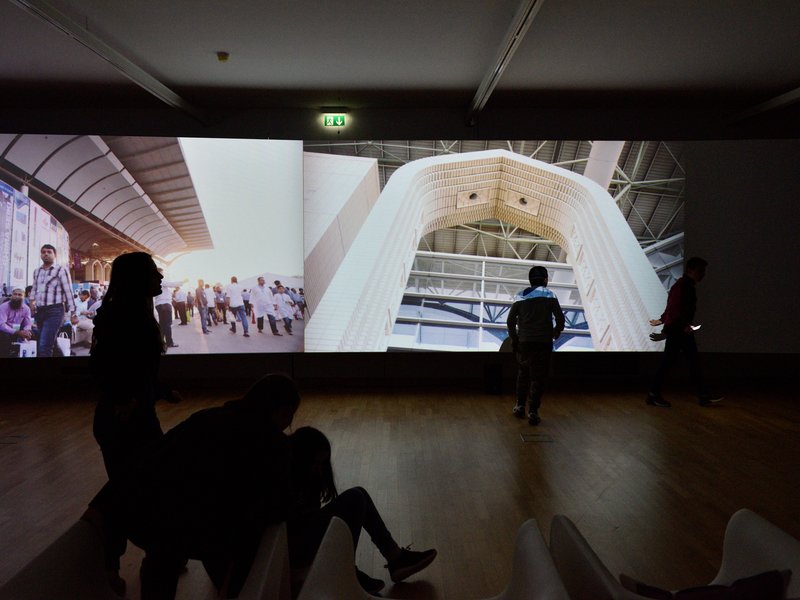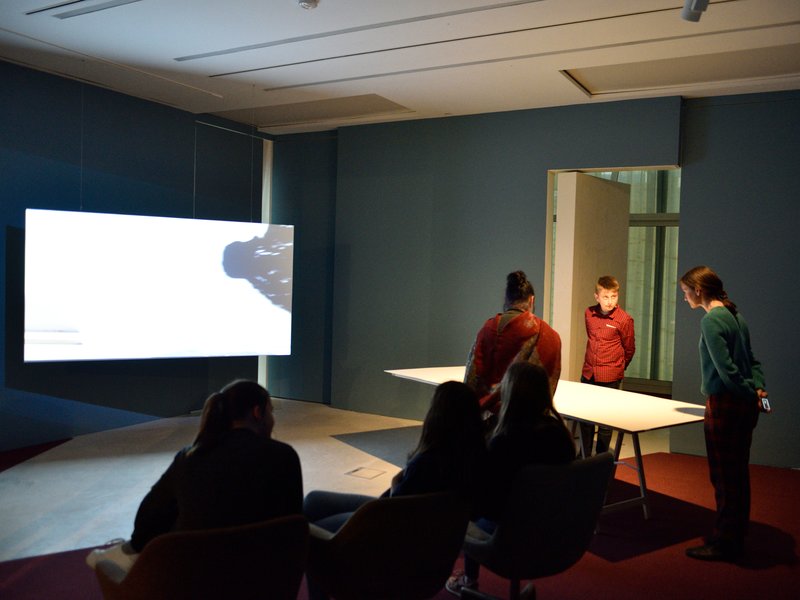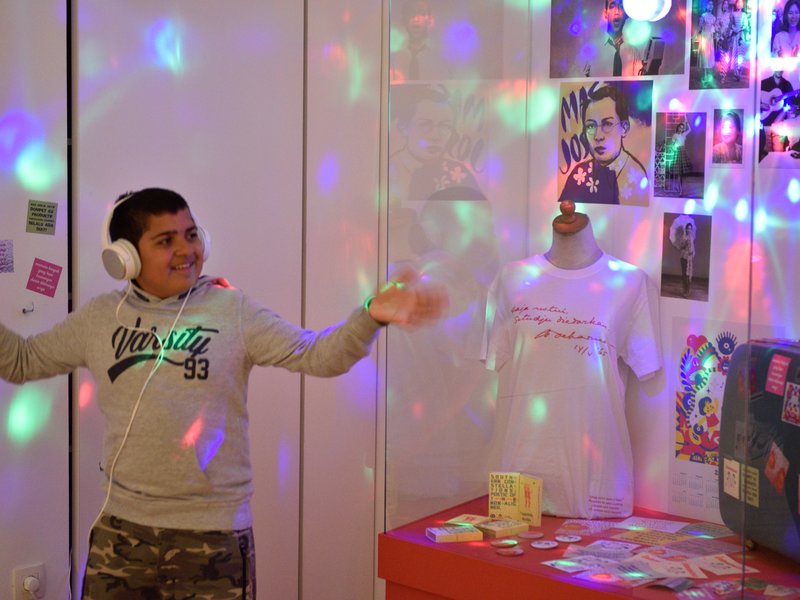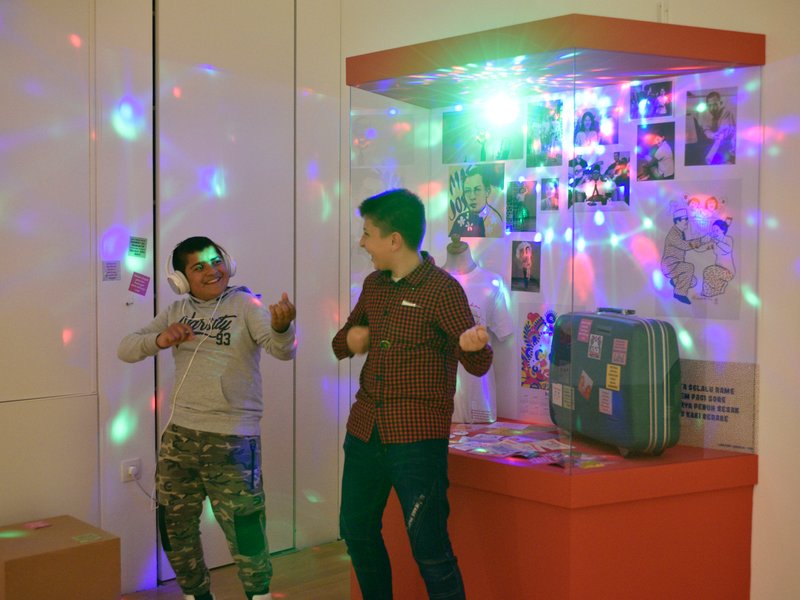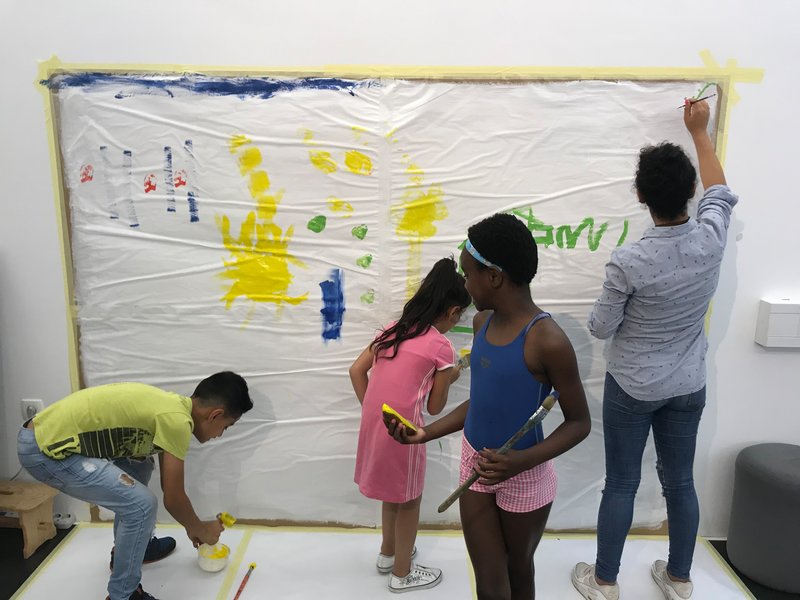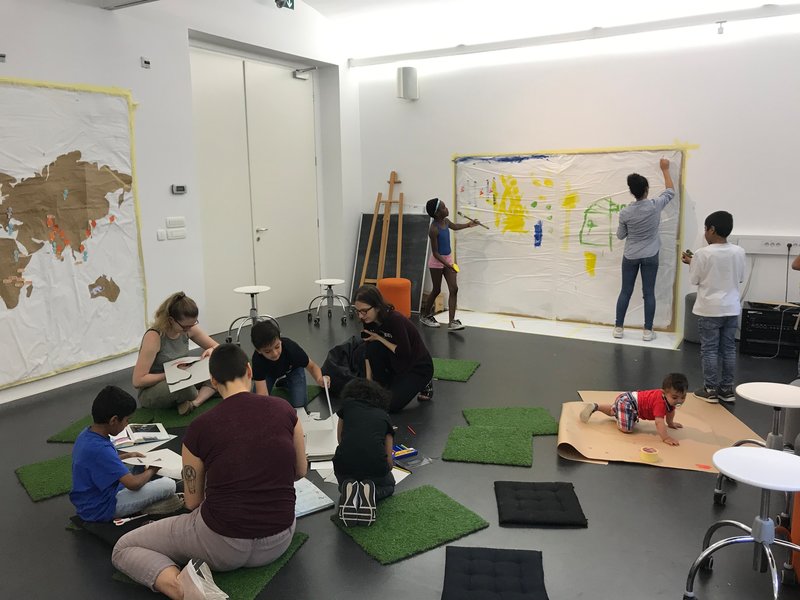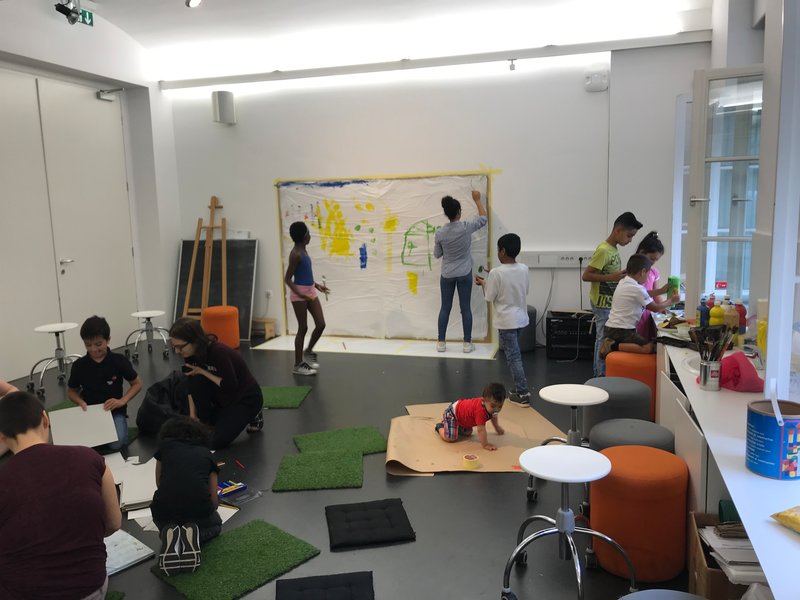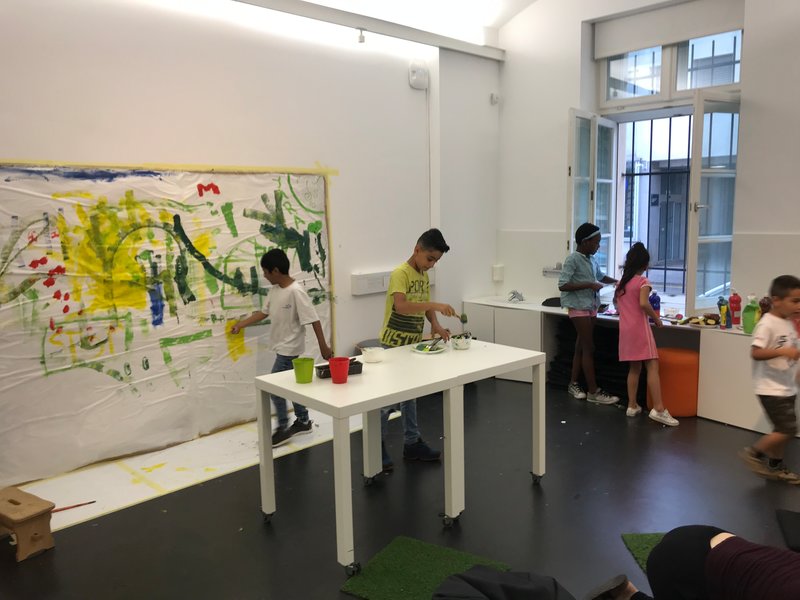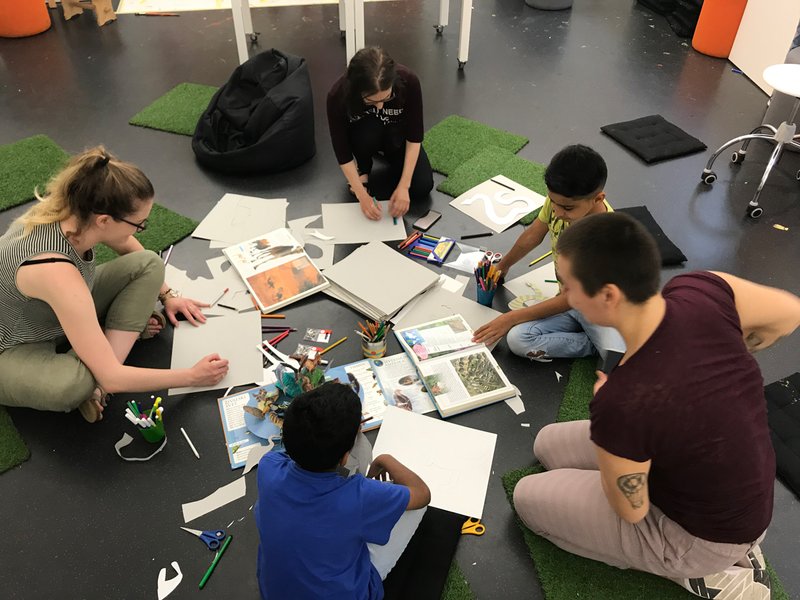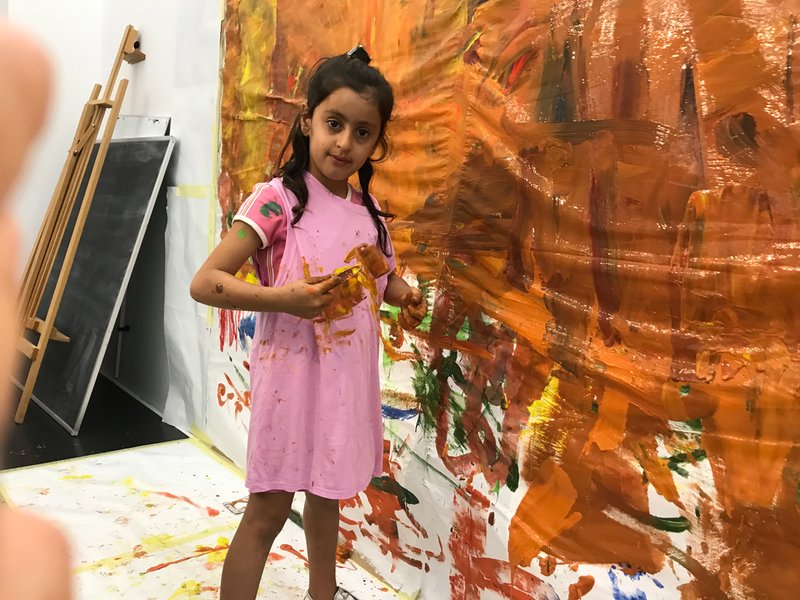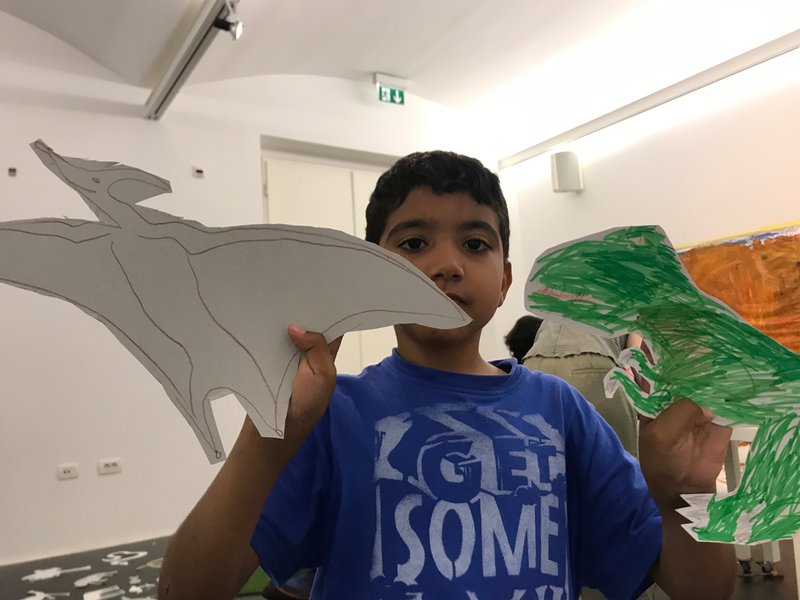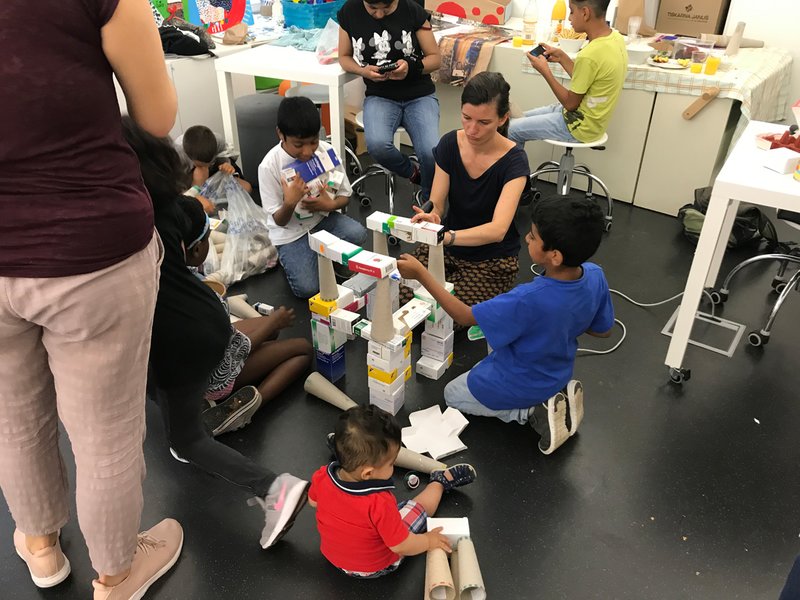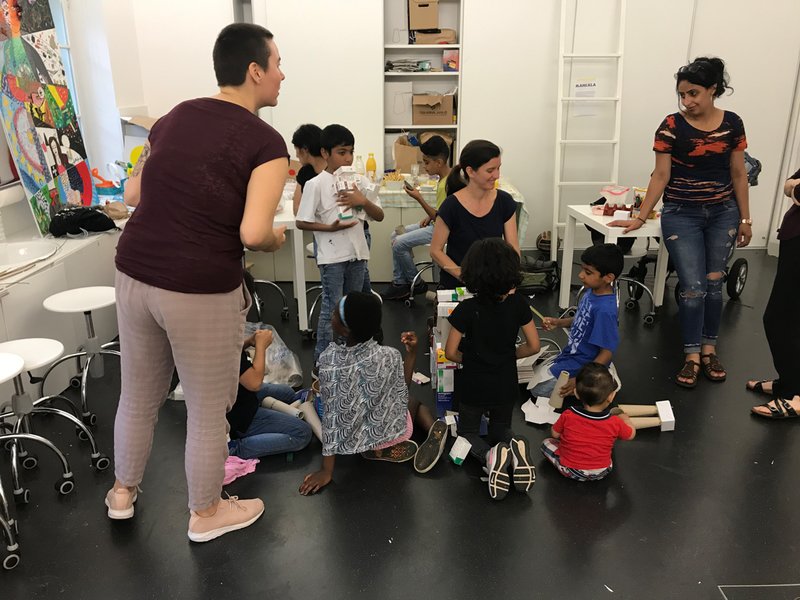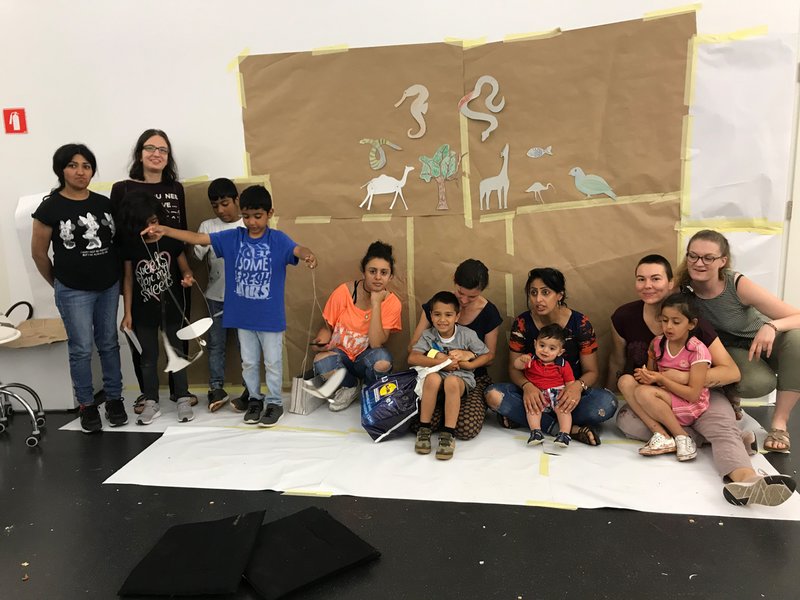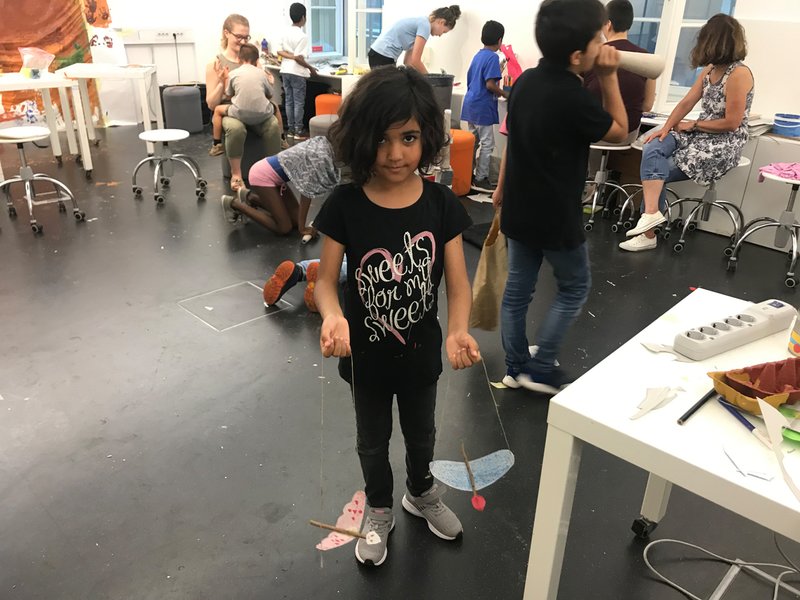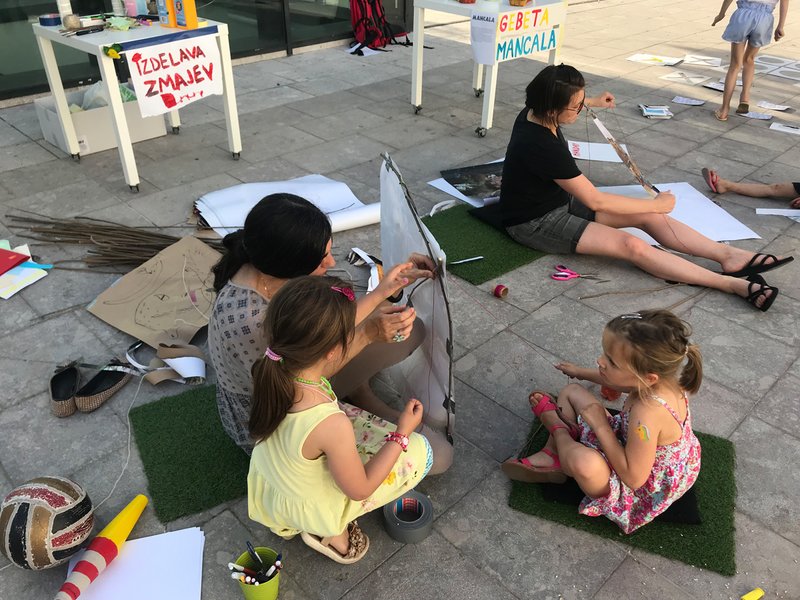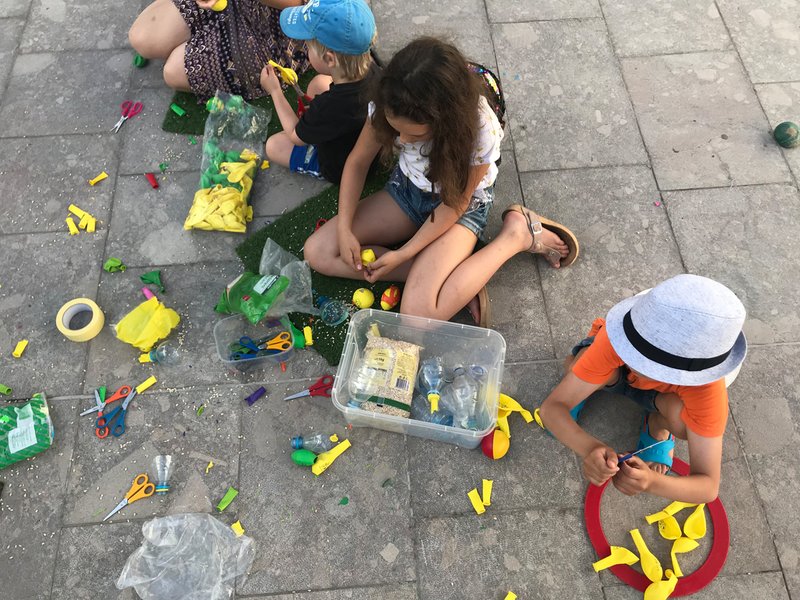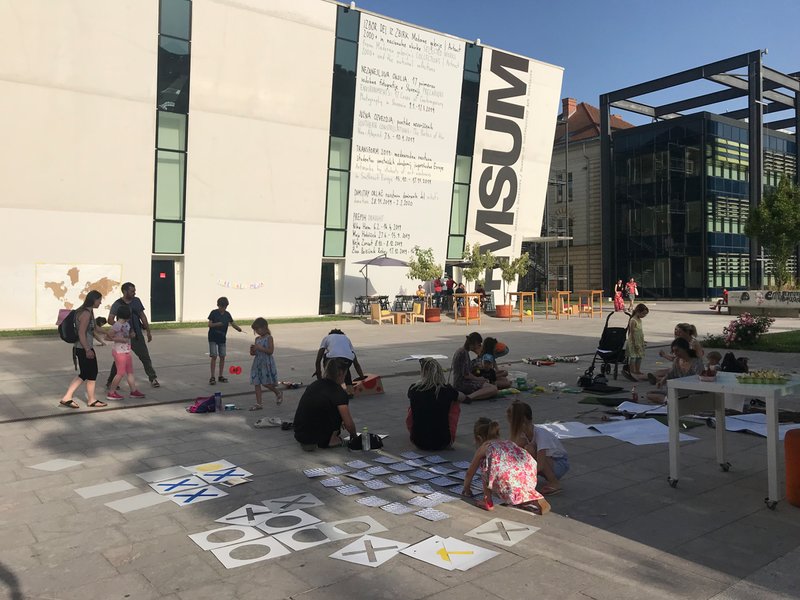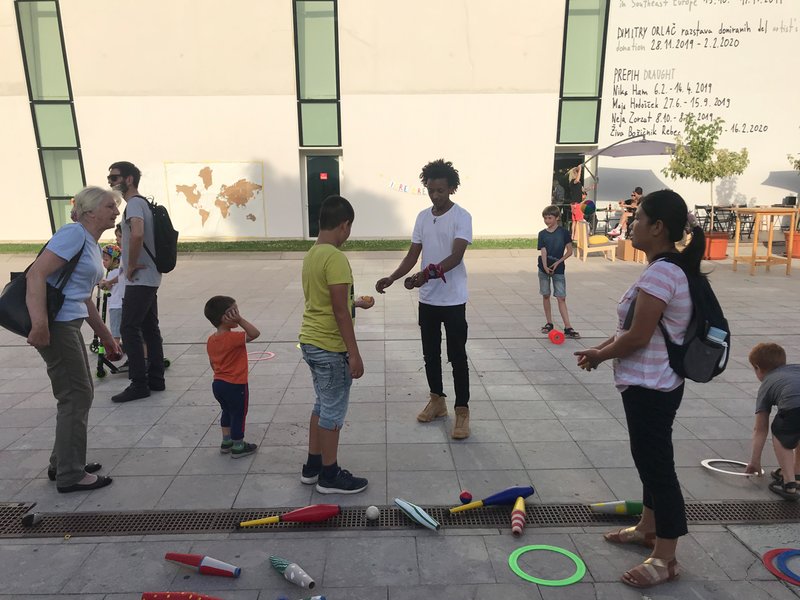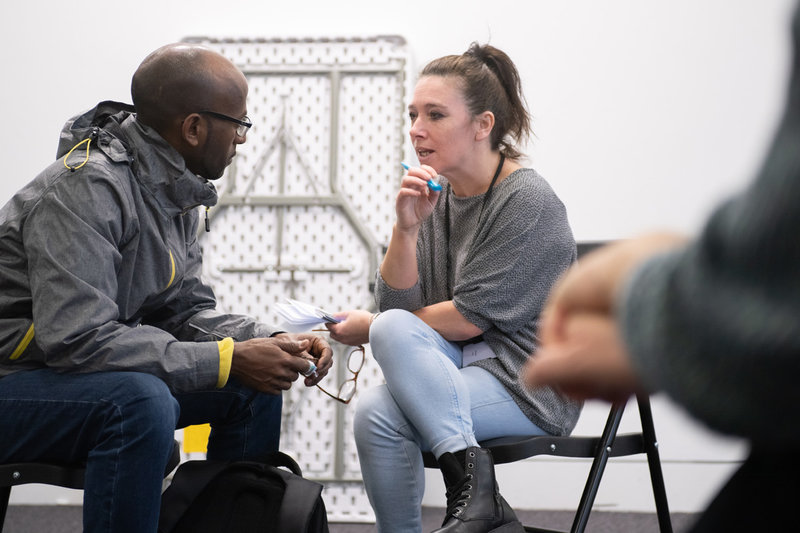
Archive making, workshops, transversal projects
New oral history archive for the Tees Valley
July to November 2018, Middlesbrough Institute of Modern Art (mima). We create a new oral history archive for the Tees Valley in collaboration with residents, researchers, and activists. This draws together the experiences of migrants from the widest spectrum of backgrounds. This activity maps alternative routes of migration, labour, relationships and affects through personal narratives in the largely unheard, often undocumented, voices of local people.
Cultural Conversations
6 September to 11 October 2018, Middlesbrough Institute of Modern Art (mima). Building on formal provision for learning English, these sessions support those for whom English is not a first language through creative and discursive work. Working with the Middlesbrough Collection and the town’s heritage, we support improved speaking, listening, reading and writing skills.
Human Library
Middlesbrough Institute of Modern Art, Middlesbrough, UK
Tuesday, 18 December, 12:30 – 13:30
On International Migrant’s Day 2018 MIMA invites you to share stories and perspectives on how migration has shaped our area. This event is organised as a human library – you bring the knowledge! In short one on one conversations, you will chat with others about journeys, diversity, new beginnings, displacement, diaspora experiences and family histories. Please feel free to bring an object, image, word or thought which speaks about the importance of migration.
This event celebrates the long histories of migration that have made the UK. Middlesbrough’s recent history was built through rapid immigration that fed the area’s burgeoning industries. Laborers came from Ireland, Wales and across England. Today the Tees Valley is home to settled diverse populations. New communities include people seeking sanctuary who are placed here through the asylum system, and international students at Teesside University. Those in the area have extracted, engineered, produced, imported, and exported, relying on the international trade and exchange of goods, and the movement of people.
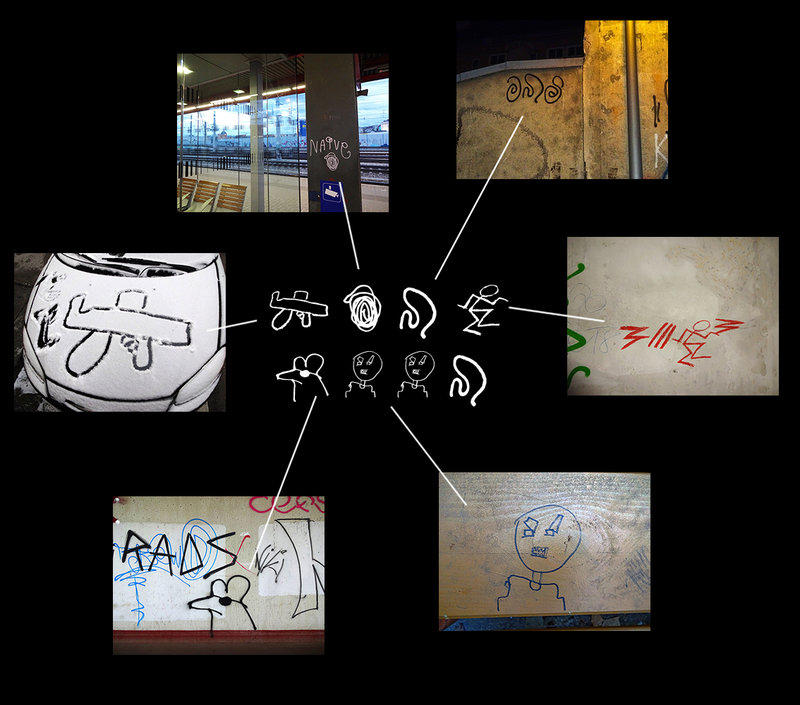
Heterotypia Sign & Phraseology: The Migrating Museum
A History not Written
Three workshops with classes of pupils with mixed – local and migratory – backgrounds and students from the Institute for Art Education will be carried out as a common learning process examining the history of labour migration to Austria, drawing on expertise from first generation immigrants. This is because there is currently very little awareness about the original nature of labour migration as the organized import of workers, both in minority and majority societies. This project will allow a relativisation of the hierarchical roles of young teachers / students and pupils, as both groups start from a lack of knowledge and will go through a common, or even mutual, learning process.
Bus Stop Hopping / A City Walk Margareten by Natalie Deewan
Saturday, 13 July 2019, at 4 p.m. Meeting-point: 5erHaus, Grünwaldgasse 4, Vienna. Organised by ]a[ akademie der bildenden künste wien mit VBKÖ - Vereinigung bildender Künstlerinnen Österreichs.
New Lines of Wiener Linien by Natalie Deewan
Public Art Project: Graffiti Recycling + Coded Quotes
Texts by children and teenagers from the Youth Center 5erHaus, 1050 Vienna, set from the Heterotypia Sign Vienna font onto 10 bus stops along the line 12A between Eichenstrasse and Längenfeldgasse.
In the course of the last months, Natalie Deewan spent a lot of time in the Youth Center 5erHaus, right behind Matzleinsdorfer Platz in the 5th district of Vienna. Within the scope of a writing workshop, a newly developed script was put in use: the Heterotypia Sign Vienna. This font consists of roughly 150 non-literal, informal signs that had been collected mainly in the area around the youth center. The texts produced in 5erHaus were the basis of the installations applied on 10 bus stops along the line 12A between Eichenstrasse and Längenfeldgasse.
More info, photos, the font + 5erHaus diary can be found on the following website: http://heterotypia.net/graffitirecycling.html
In the frame of the exhibition "Translocal Archives" VBKÖ - Austrian Association of Women Artists A - 1010 Vienna, Maysedergasse 2/28 29 June – 14 July 2019, Thu – Sun: 14 – 19h
Saturday, 13 July 2019, 4 p.m., Meeting-point at 5erHaus, Grünwaldgasse 4, A - 1050 Wien.
Phraseology and the Migrating Museum
Sunday, 30 June 2019, 11 a.m. to 2 p.m., temporary Project Space Gumpendorferstrasse 6 on the premises of VBKÖ – Vereinigung bildender Künstlerinnen Österreichs, Vienna. A workshop by Irene Lucas.
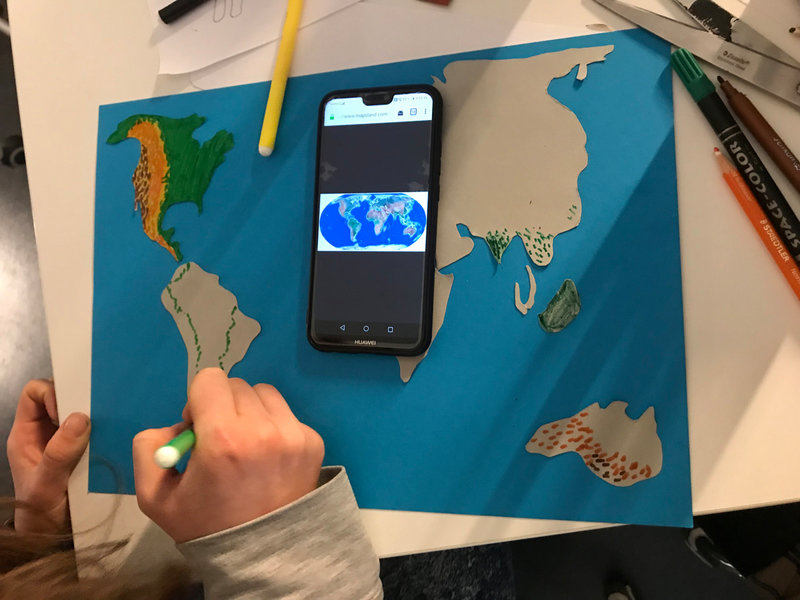
Social games, workshop exhibitions, stories, transversal projects
Social games
Moderna galerija has a long-term relationship with the Livada elementary school, the school with the highest percent of non-Slovene pupils in the country. It is located in a suburban area to the south of Ljubljana called Rakova Jelša, where there used to be the largest unregulated settlement of migrants from Bosnia after the Balkan War in the 1990s. The majority of pupils in the school come from Bosnia, and most of them still do not speak Slovene well. The number of new pupils increased in the last year with the children of the asylum seekers from Syria, Iran, and Afghanistan, who live in the nearby asylum home in Vič.
Since there is such an ethnically diverse group of pupils, we will organise activities that can complement their regular school lessons. In the school as well as in our museum we will organise four workshops to create social games from all parts of the world, especially from the countries the pupils come from. The working methodology stimulates co-learning instead of competition, creativity, spontaneity, self-confidence, a positive self-image, and persistence.
Participating pupils will choose and create the games themselves, with the assistance of their teacher from the Livada elementary school Natalija Veselič Martinjak and the museum educators, Dana Terzić, Maruša Meglič, Anja Radovič, together with the architect and activist Tanja Završki.
The Social games series is conceived by Natalija Veselič Miheljak (professor at the Elementary School Livada) and Adela Železnik (curator at the MG+MSUM) and coordinated by Dana Terzić (educator at the MG+MSUM)
Workshops animators: Anka Kočevar, Maruša Meglič, Anja Radović, Dana Terzić and Tanja Završki
Organizational support: Sanja Kuveljić Bandić
Saturday, 24 November 2018, Museum of Contemporary Art Metelkova, Ljubljana
First of four workshops with the Livada elementary school pupils and their teacher. First social game concentrated on the European cities where the participants would like to live. They chose their favourite buildings and made models. The game will be focused on who will reach her favourite building first. Photo: Dana Terzić
Saturday, 15 December 2018, Museum of Contemporary Art Metelkova, Ljubljana
The second workshop was focused on creation of gigantic puzzle, consisted of individual pieces, made by participants, who created spaces of their imagination. The materials they used were paint and textile. Photo: Adela Železnik
Saturday, 19 January 2019, Museum of Contemporary Art Metelkova, Ljubljana
The third workshop was focused on creating a stop-motion animated film with mastering the entire process from making movable paper puppets to photographing and rendering images in an open-source computer program. The participants made a world map and all the animals that migrate shorter or longer distances. The materials they used were crayons and paper. Photo: Dana Terzić
Social games | Exhibition
4 April 2019, Museum of Contemporary Art Metelkova, +MSUM, Ljubljana. Welcome to the opening of an exhibition by the pupils of Livada elementary school.
The exhibition is a result of "Social Games" creative workshops. The process took place at the Museum of Contemporary Art Metelkova and at the Livada elementary school. The focus of the workshops was to create games in the field of architecture, painting and stop-motion animation. The workshops are a part of Southern Constellations: The Poetics of the Non-Aligned exhibition focusing among other things on the phenomenon of migrations of the past and of the current time. The methods of the workshops were focused on the influence of migrations on the identification of children that are bridged by art, collaborative learning, spontaneity, and relaxed creativity.
The workshops were attended by ten pupils of the Livada elementary school in Ljubljana. The school has the highest percentage of pupils of migrant background in Slovenia. The workshops were conceived by Natalija Veselič Martinjak, Livada elementary school fine-art pedagogue and Adela Železnik, Museum of Modern Art Ljubljana curator. The participants of the workshops are from the territory of ex-Yugoslavia, Siria and India. Some of the children are of the second generation of migrants from the territory ex-Yugoslavia. The workshop mentors were: Anka Kočevar, Maruša Meglič, Anja Radović, Dana Terzić and Tanja Završki.
Animal Worlds
Museum of Contemporary Art Metelkova, Ljubljana, Slovenia
Saturday, 22 June 2019, from 10 a.m. to 1 p.m.
Creative Workshop for families (for mothers & children between 5-12 years old)
At the workshop, we will create animals in various techniques (by drawing and shaping paper dolls). For the youngest, we will prepare stamps of various basic shapes so that the images of animals can be colored and printed on paper. We will create a big wallpaper, where all our animals will be inhabited. Older children will be able to animate animals in the stop motion technique and create their own animal adventure story.
Games Without Frontiers of the Whole Wide World
15 June 2019, Museum of Contemporary Art Metelkova, Ljubljana. On the Summer Night of the Museums, Games without Frontiers were organized in the museum plaza, where children learned about games called different names in different parts of the world (memory, hopscotch/teley, teley, macala/gebeta) under the mentorship of Markos Teklu, as well as juggling and making paper kites.
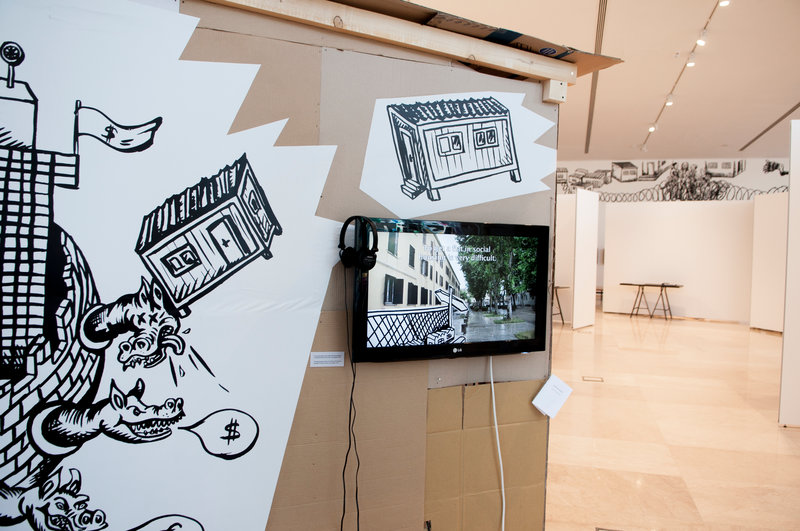
A Safe Country?
Accompanying discussion program of the Museum of Yugoslavia’s exhibition “The Nineties: a Glossary of Migrations”, named “A Safe Country?”, with a topic of anti-Roma policies in Europe, in the building of the May 25 Museum, on Saturday, January 25, at 4.00 p.m. The program involved Dejan Marković, President of the Forum of Roma Serbia, Saša Barbul, a Roma director, and artists Rena Redle and Vladan Jeremić, with Mira Luković, an associate of the Museum of Yugoslavia, as a moderator.
The exhibition “The Nineties: a Glossary of Migrations” displays an installation “Housing – a Safe Country”, which, through years of research, addresses the question of housing, aspects and causes of migration of the Roma population. This work illustrates how the anti-Roma consensus applies in Europe, but it also provides a perspective of hope through proposals of housing forms and the policy of solidarity.
President of the Forum of Roma Serbia, Dejan Marković, an expert on readmission and returnees issues, talked about the anti-Roma situation and the possibilities for overcoming it. Artists Rena Redle and Vladan Jeremić talked about the transformative possibilities of artistic practices in the scope of fight against antiziganism, as well as about changing the form of presentation of “realism” of the anti-Roma situation, taking into account “realism” as a political and an artistic concept.
One of the participants is also Saša Barbul, a Roma director from Serbia who lives in Vienna. He directed the film “Gazelle”, which is a part of the installation “Housing – A Safe Country”. On this occasion his short movie on the Roma people from Serbia, “The Other Better Life”, created in 2015 in cooperation with Philomena Grassl, was shown.
The program was held in the cinema hall of the May 25 Museum, in the complex of the Museum of Yugoslavia. Admission to the program is free, and free tickets can be taken in the ticket office of the Museum of Yugoslavia.
During the war in the nineties, a large number of Roma population became refugees. Roma men and women were forced to almost completely abandon Kosovo and seek asylum in EU countries during 1998 and 1999. After the application of the Readmission Agreement, signed in 2002, tens of thousands of Roma people were forcibly deported from Germany to Serbia, although the majority
of families had resided there for almost two decades. Most of the deported people returned to Germany again and sought asylum, until Serbia was included on the list of safe countries in 2014, which made it practically impossible for them to get asylum in the EU countries.
Antiziganism, which is a special historical and contemporary form of racism of the majority towards the Roma population, has systemic traits. Institutional racism and structural discrimination are the facts of life which this population faces every day.
